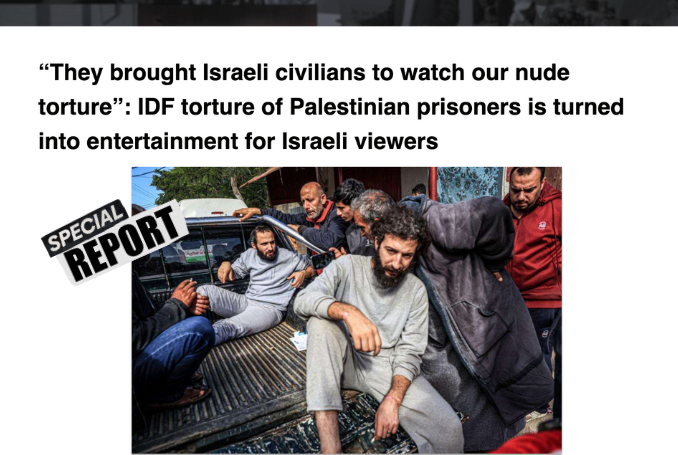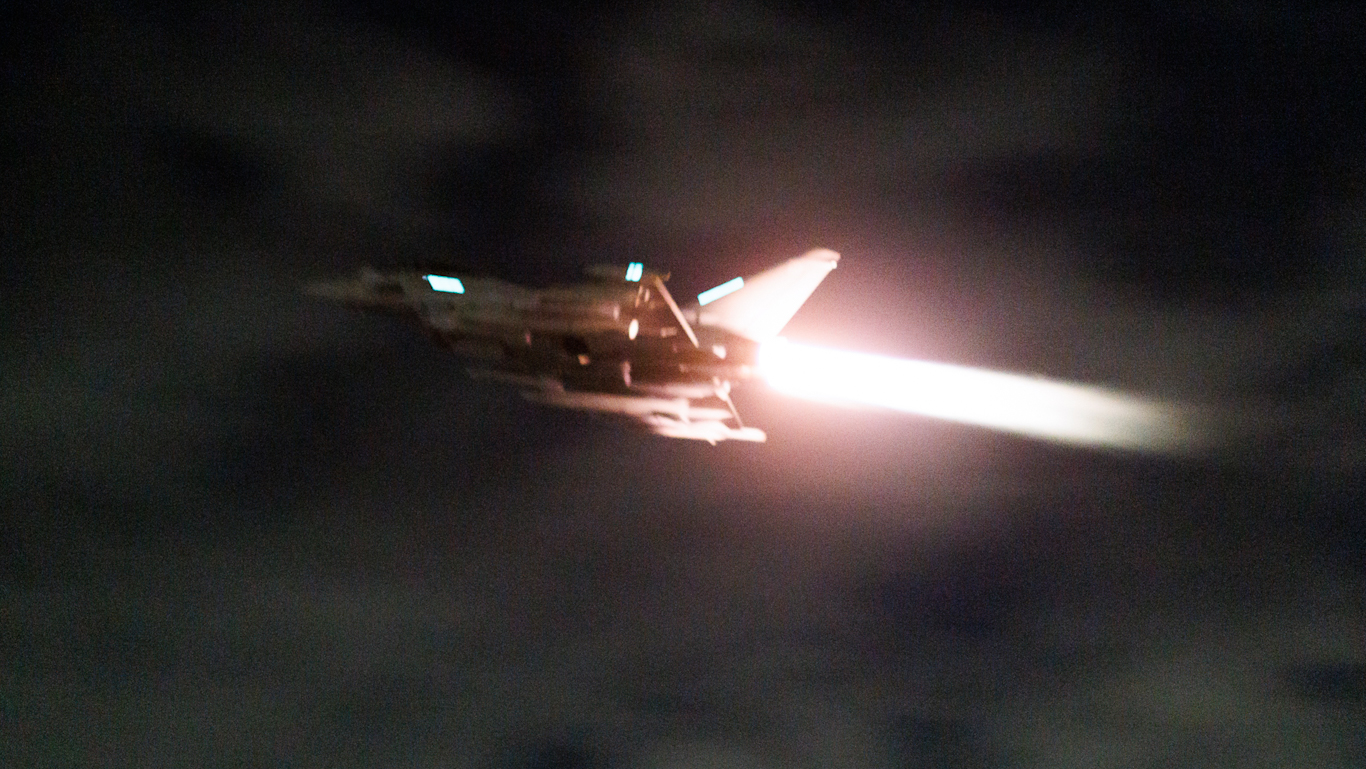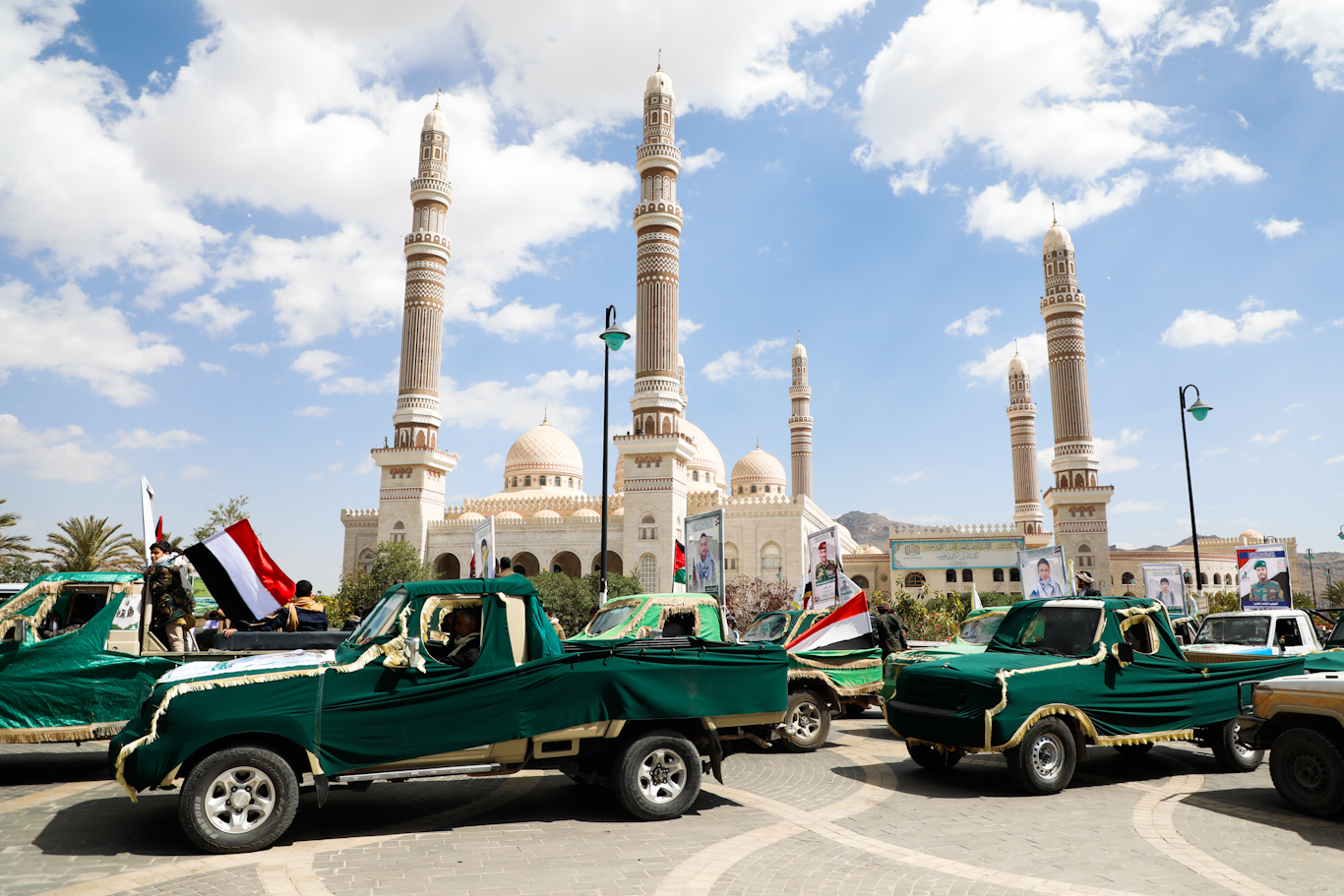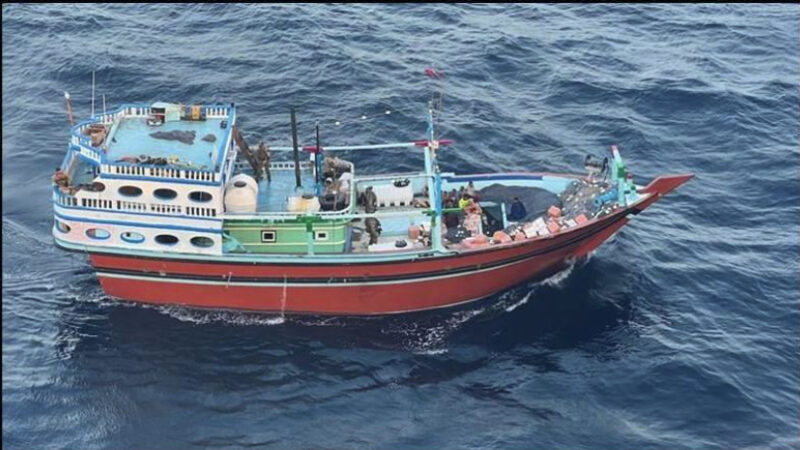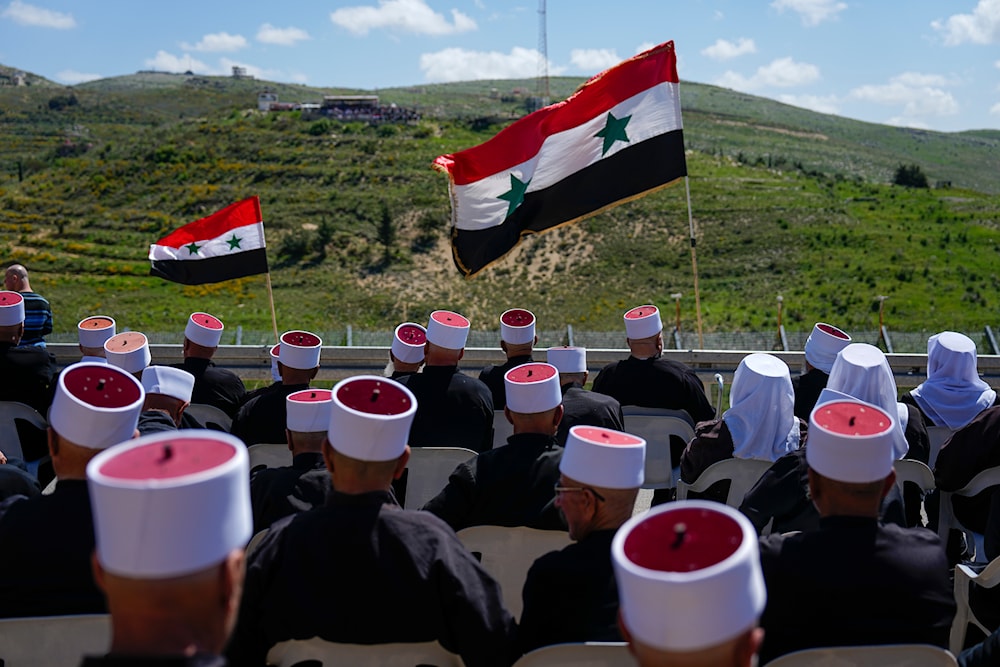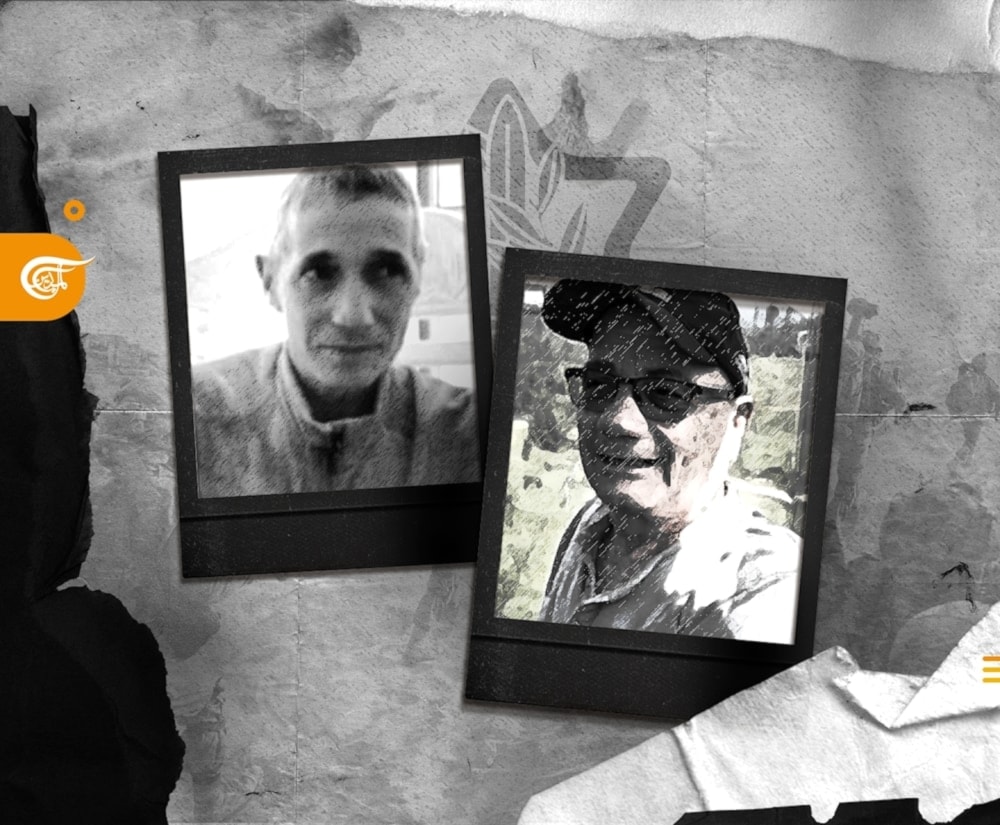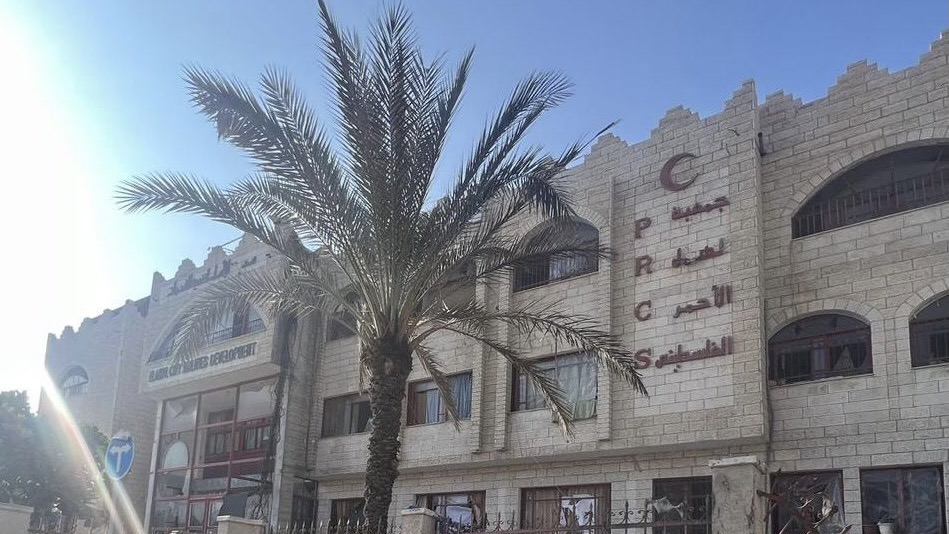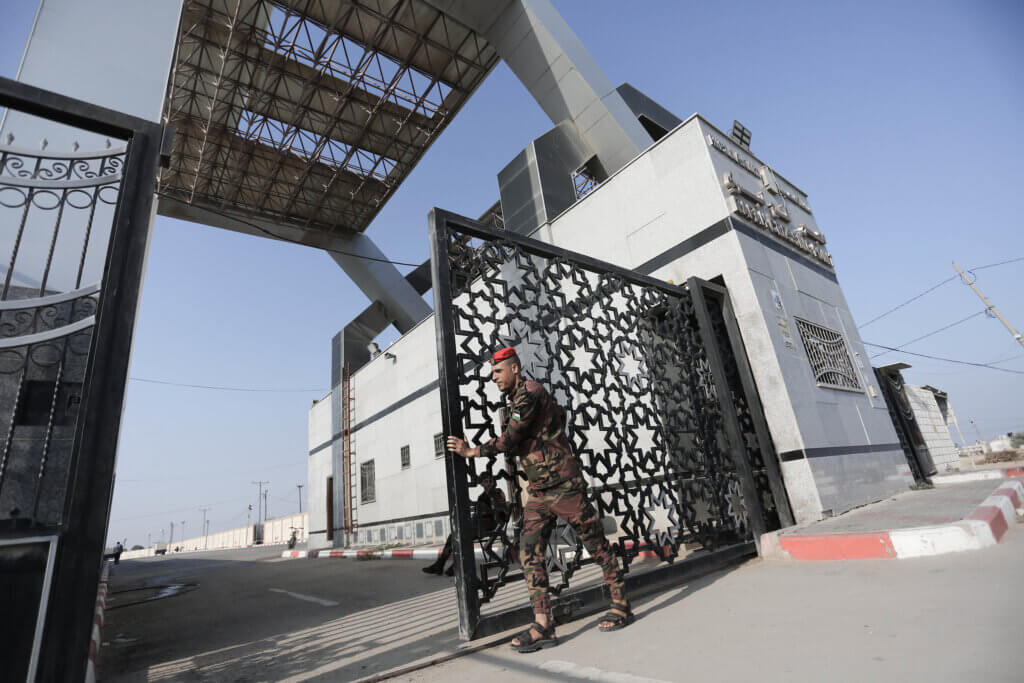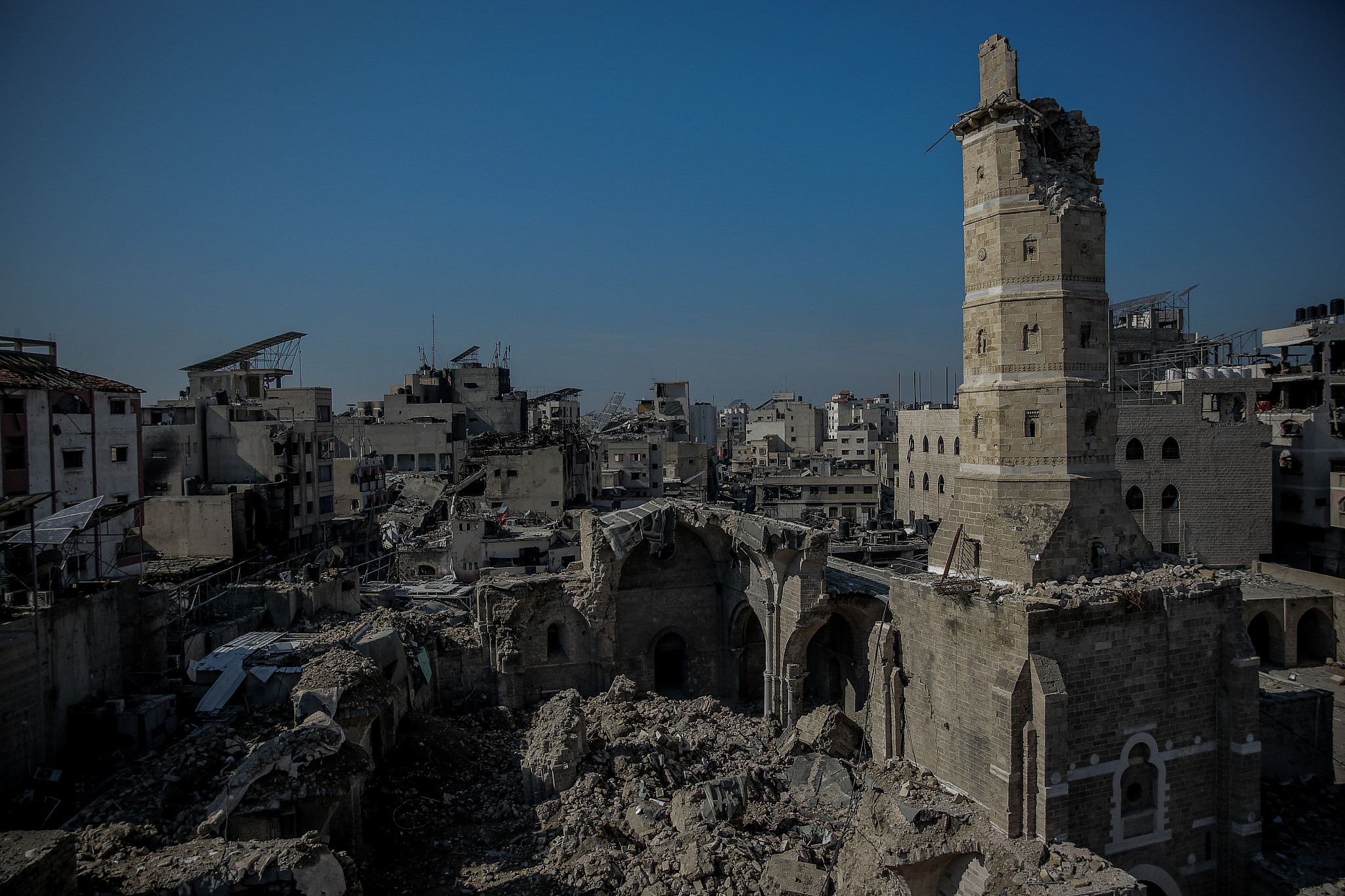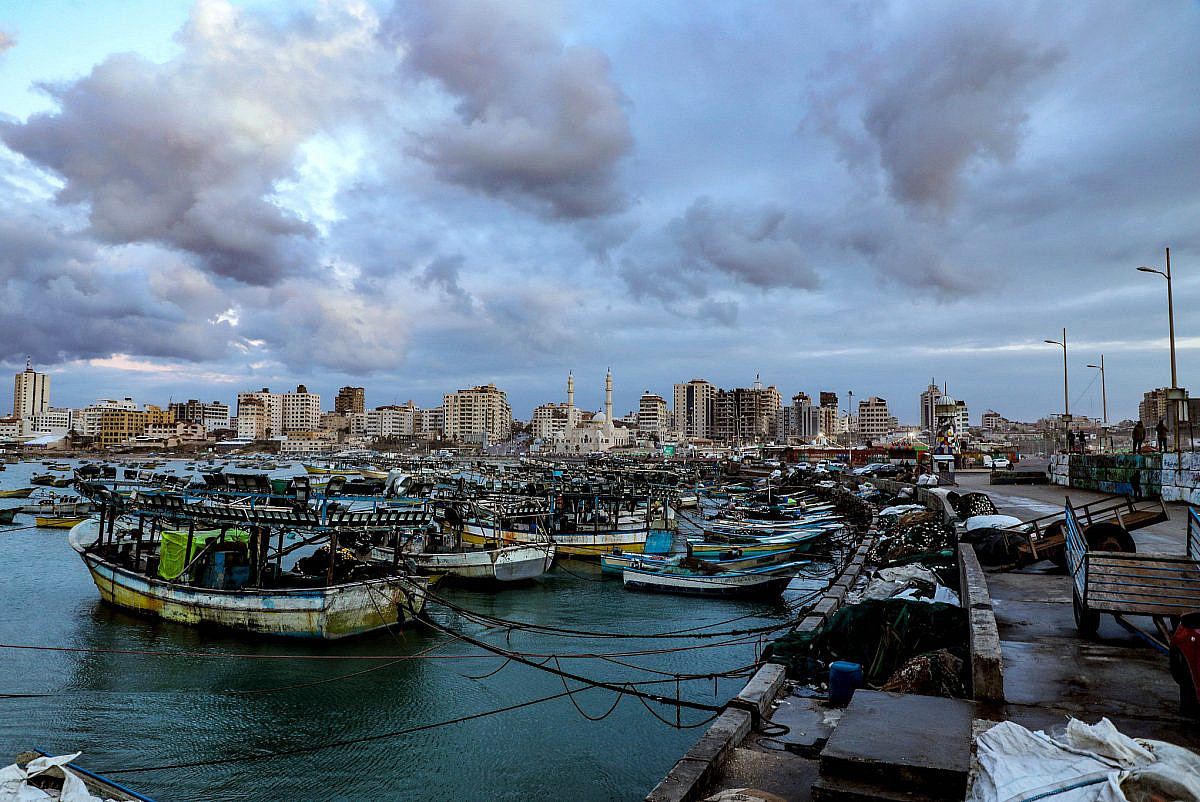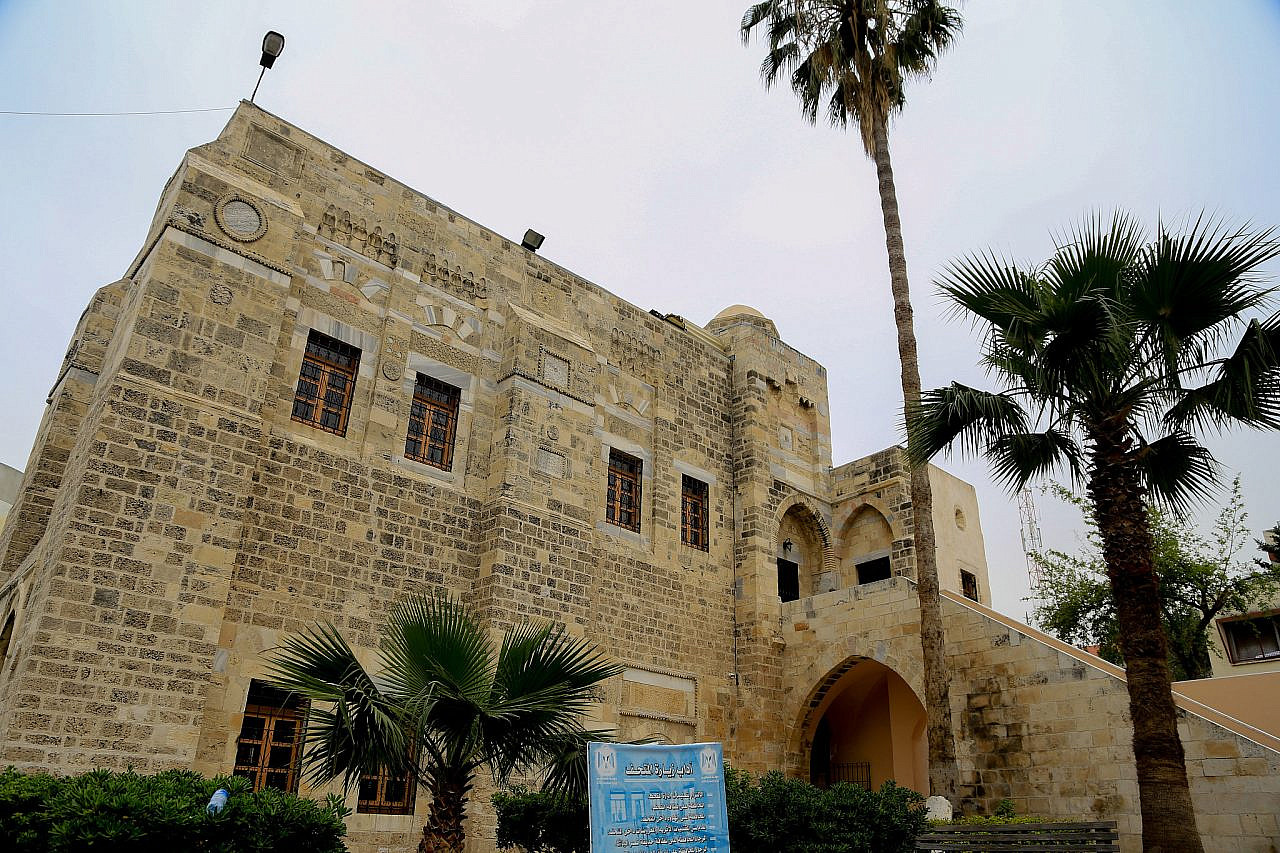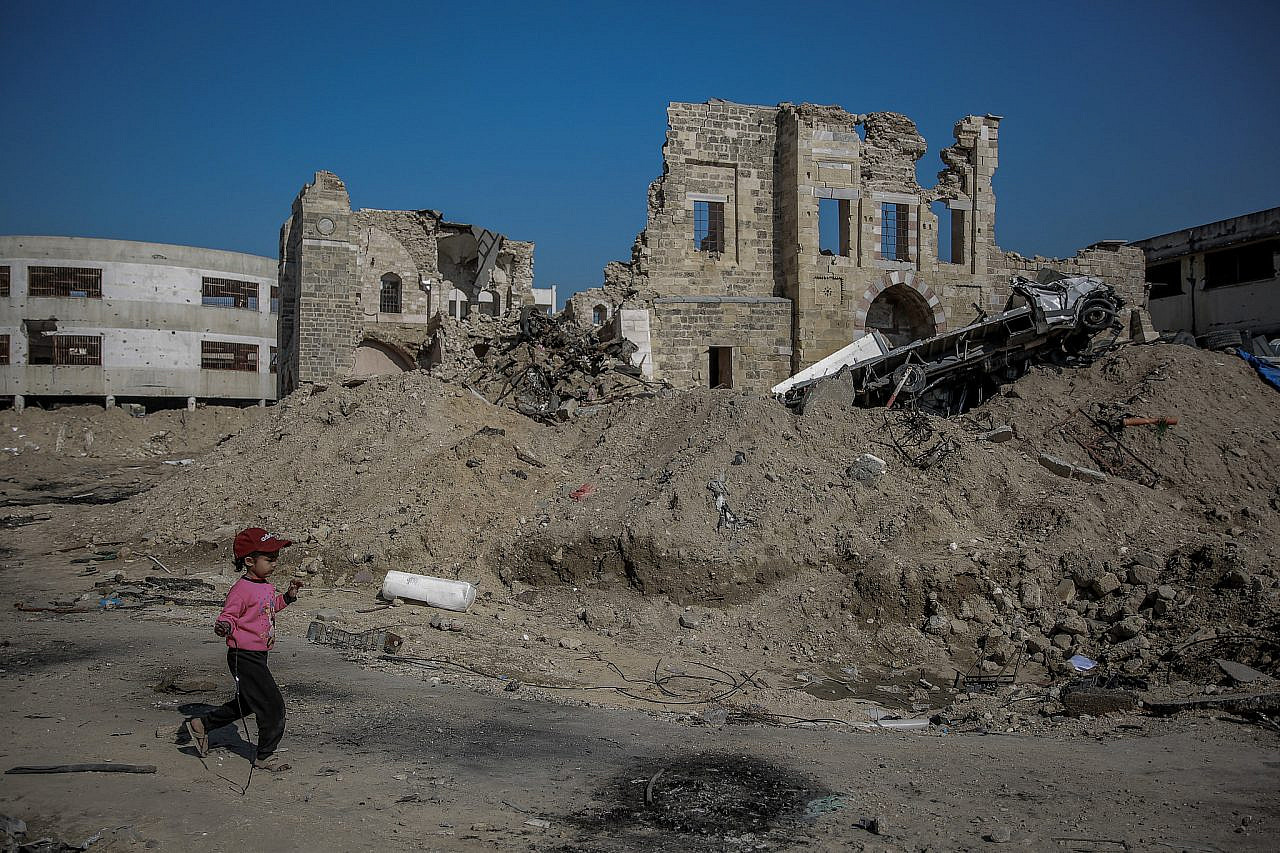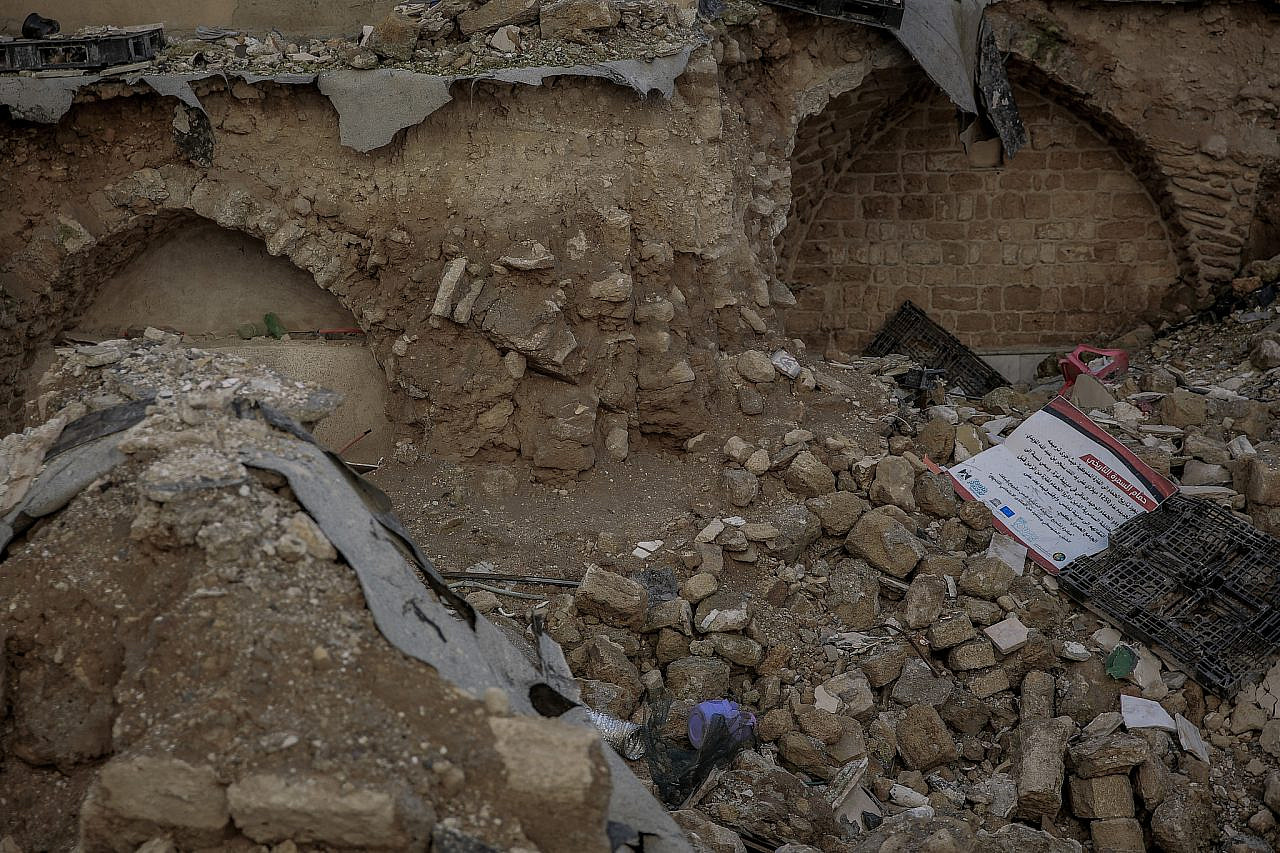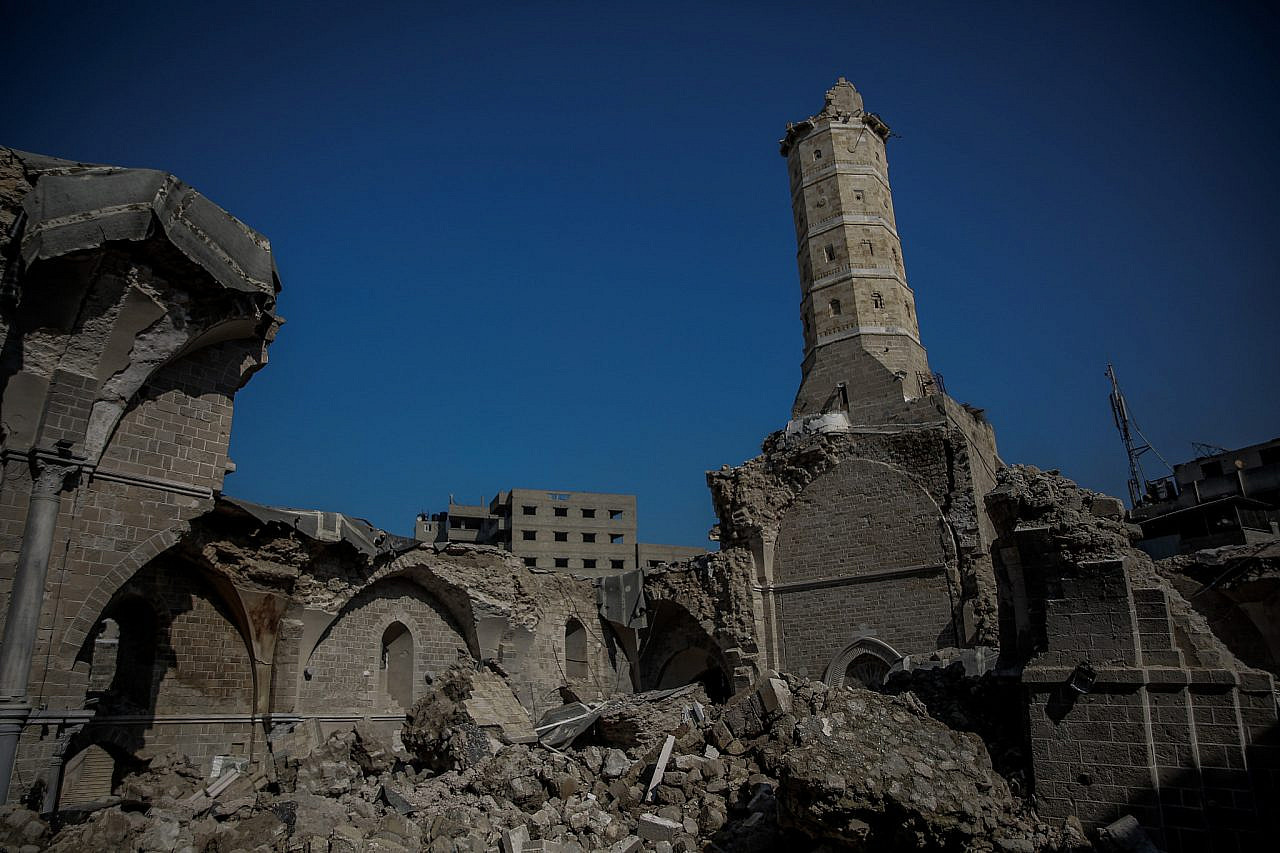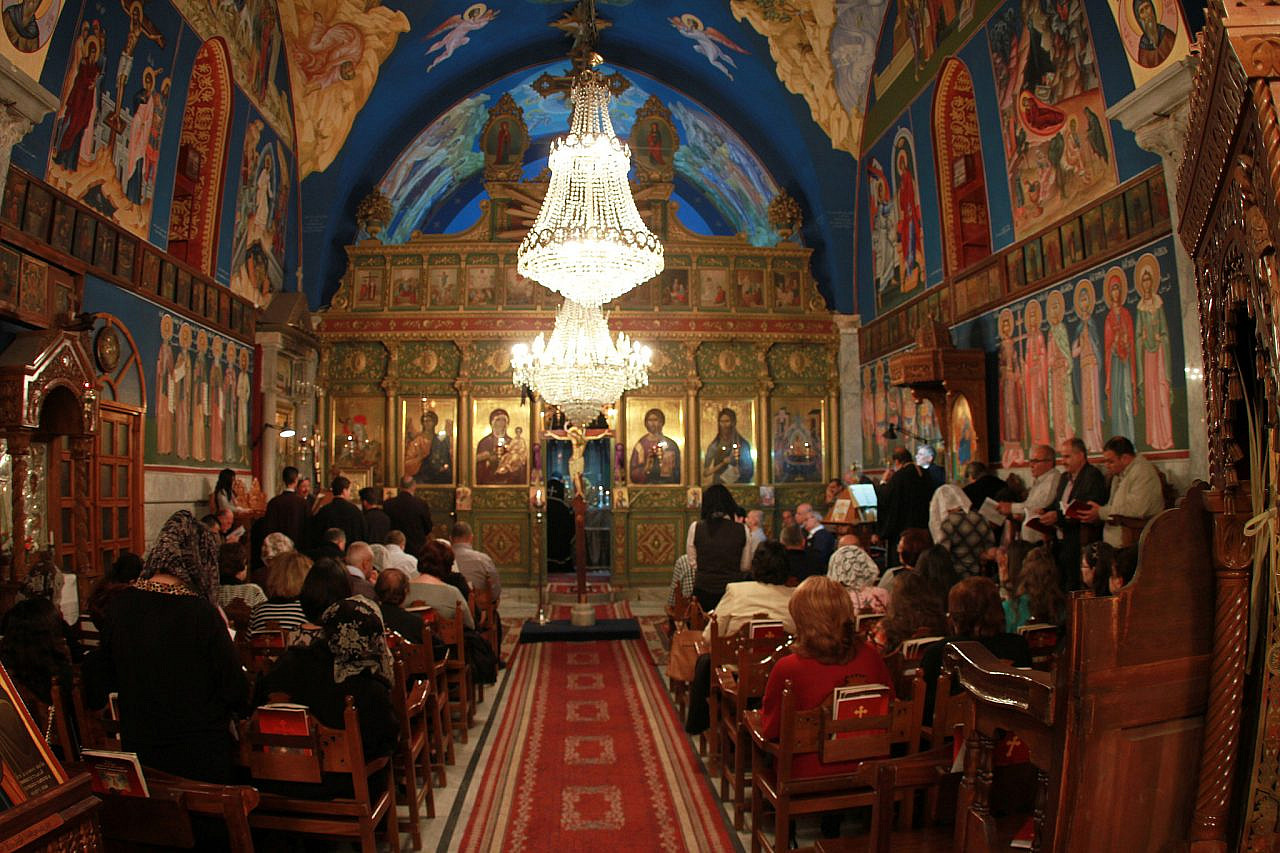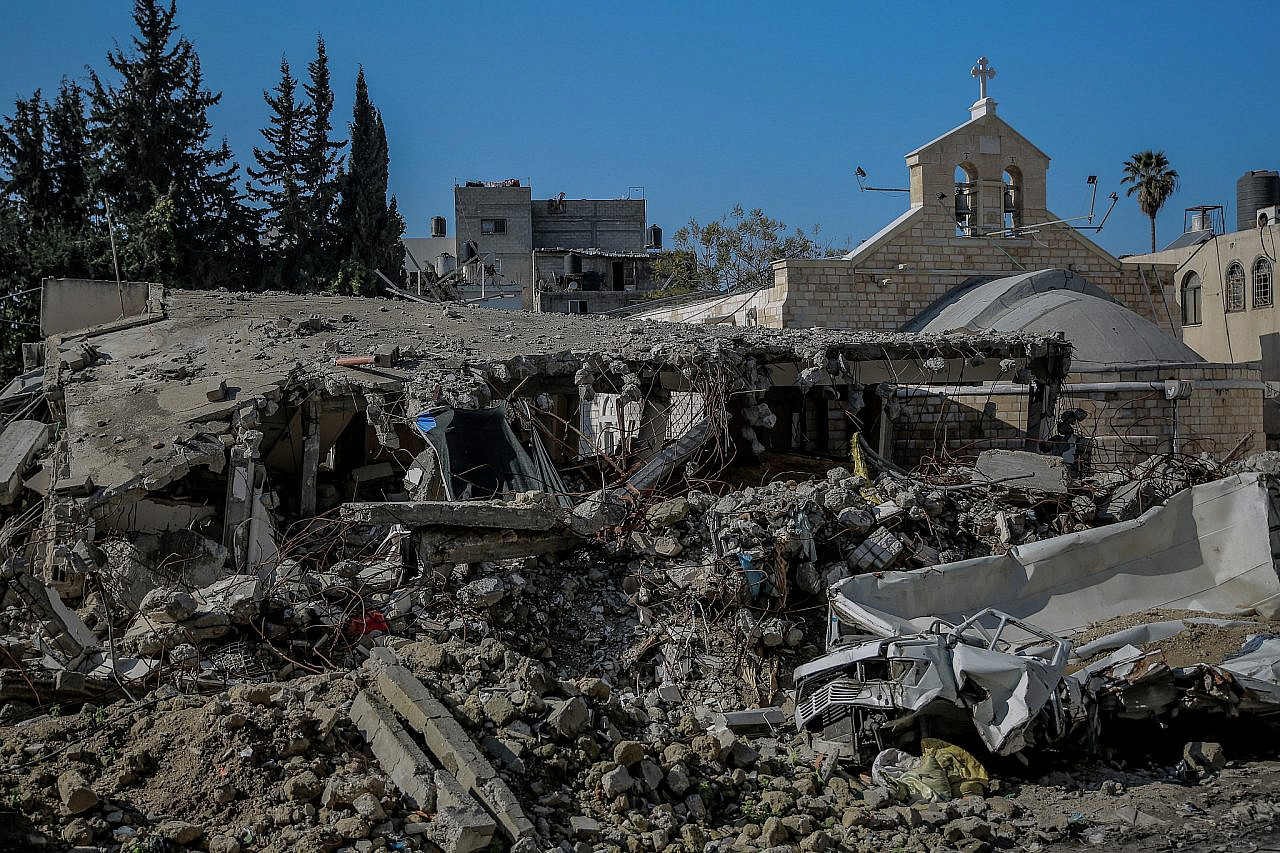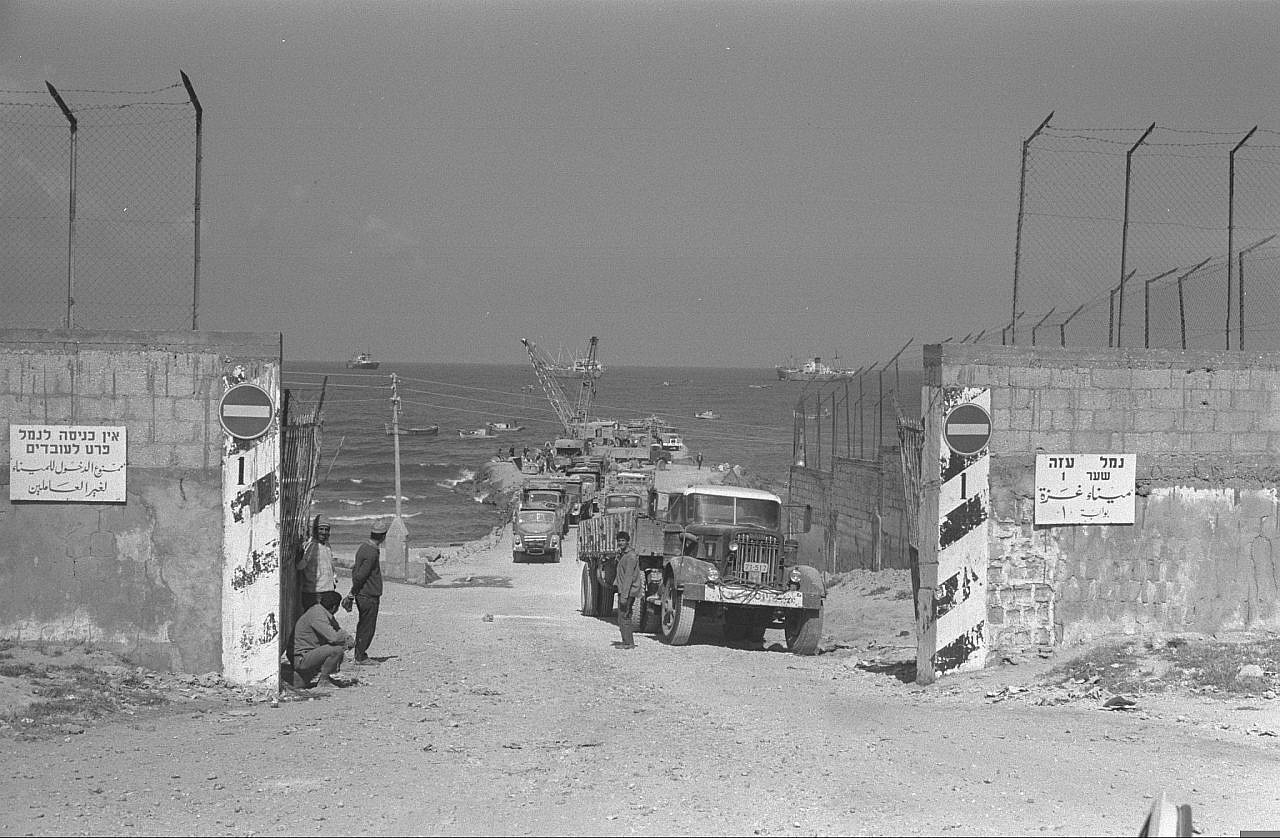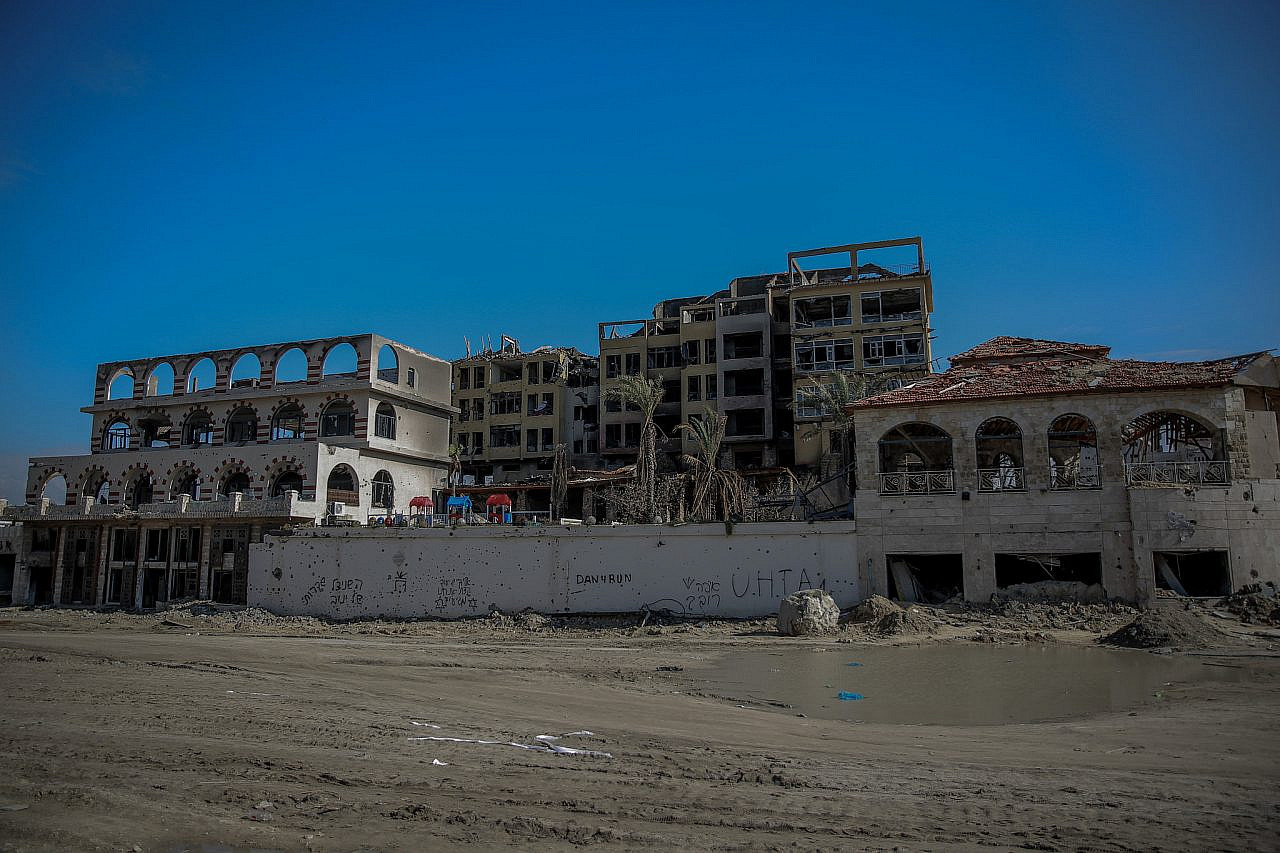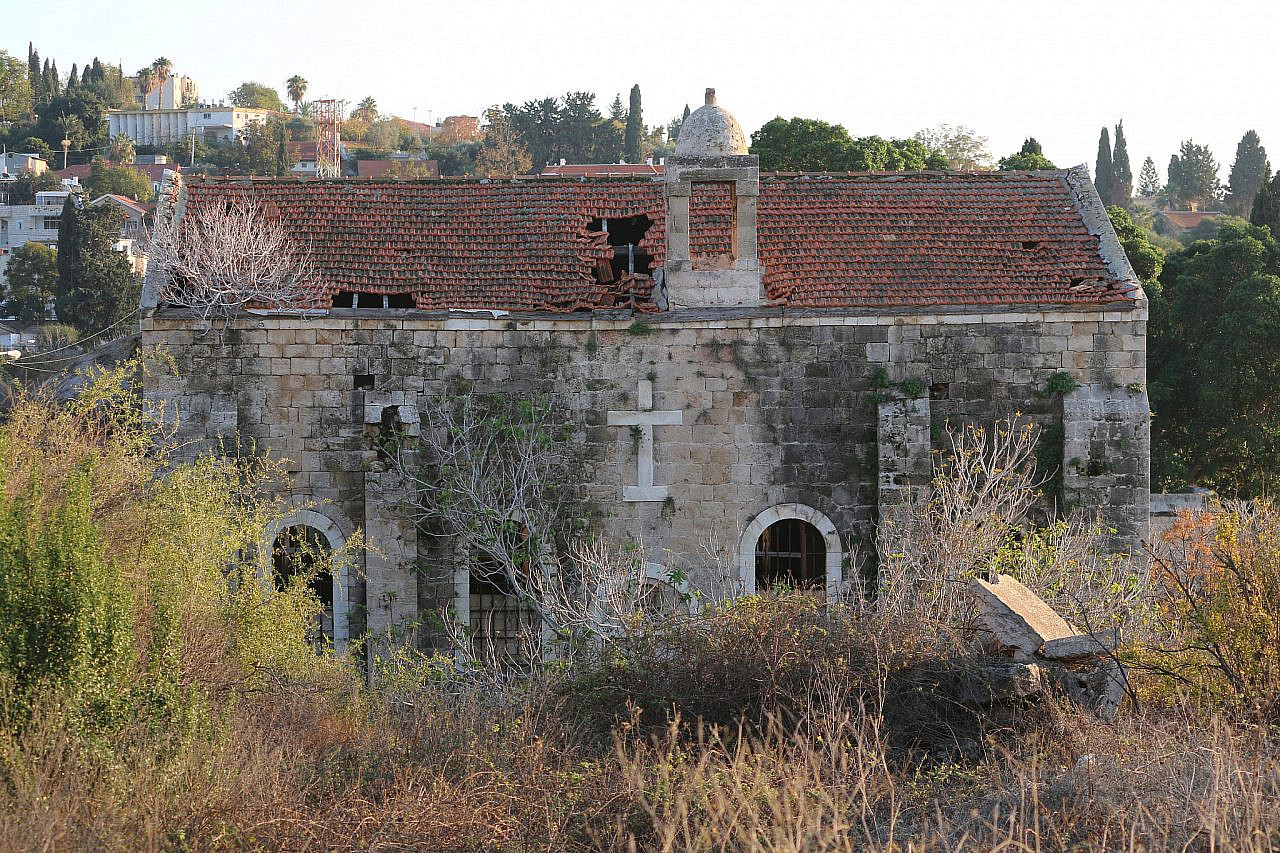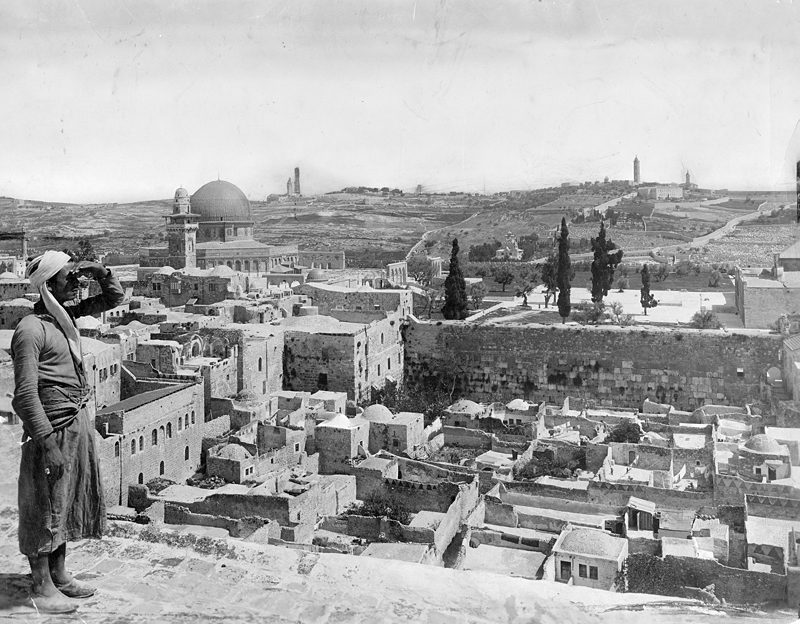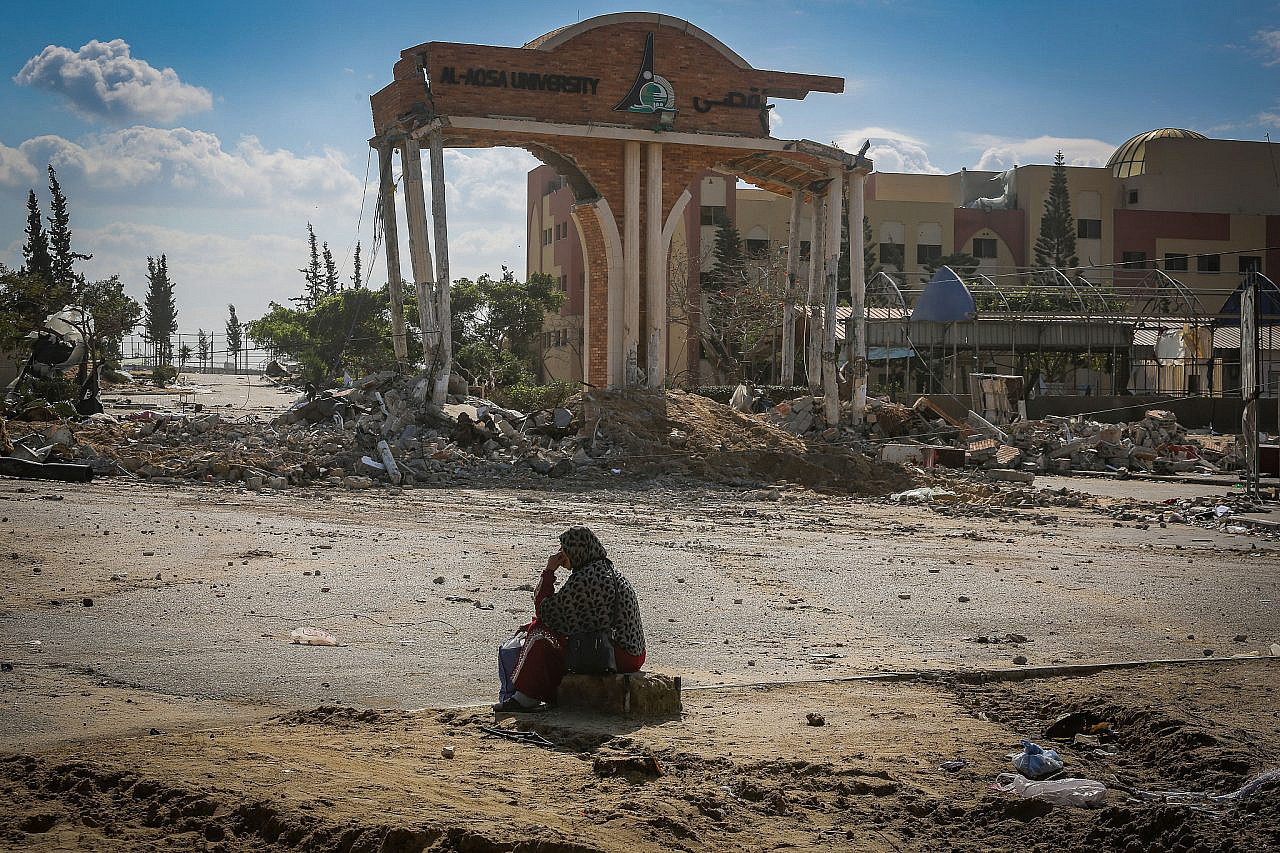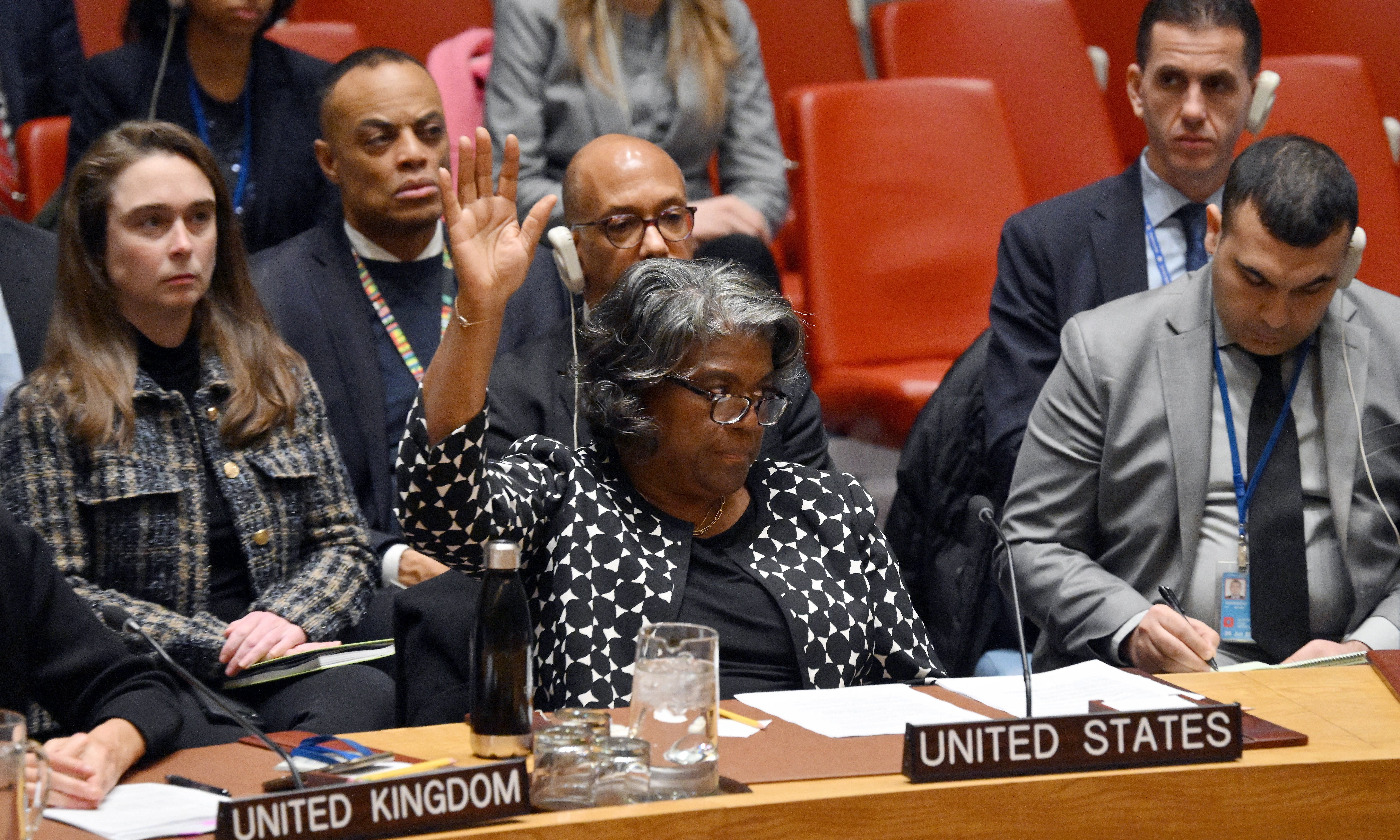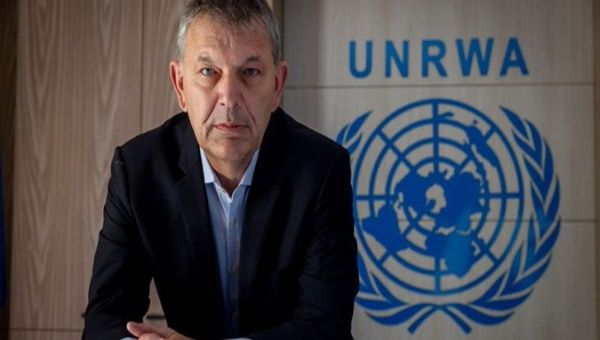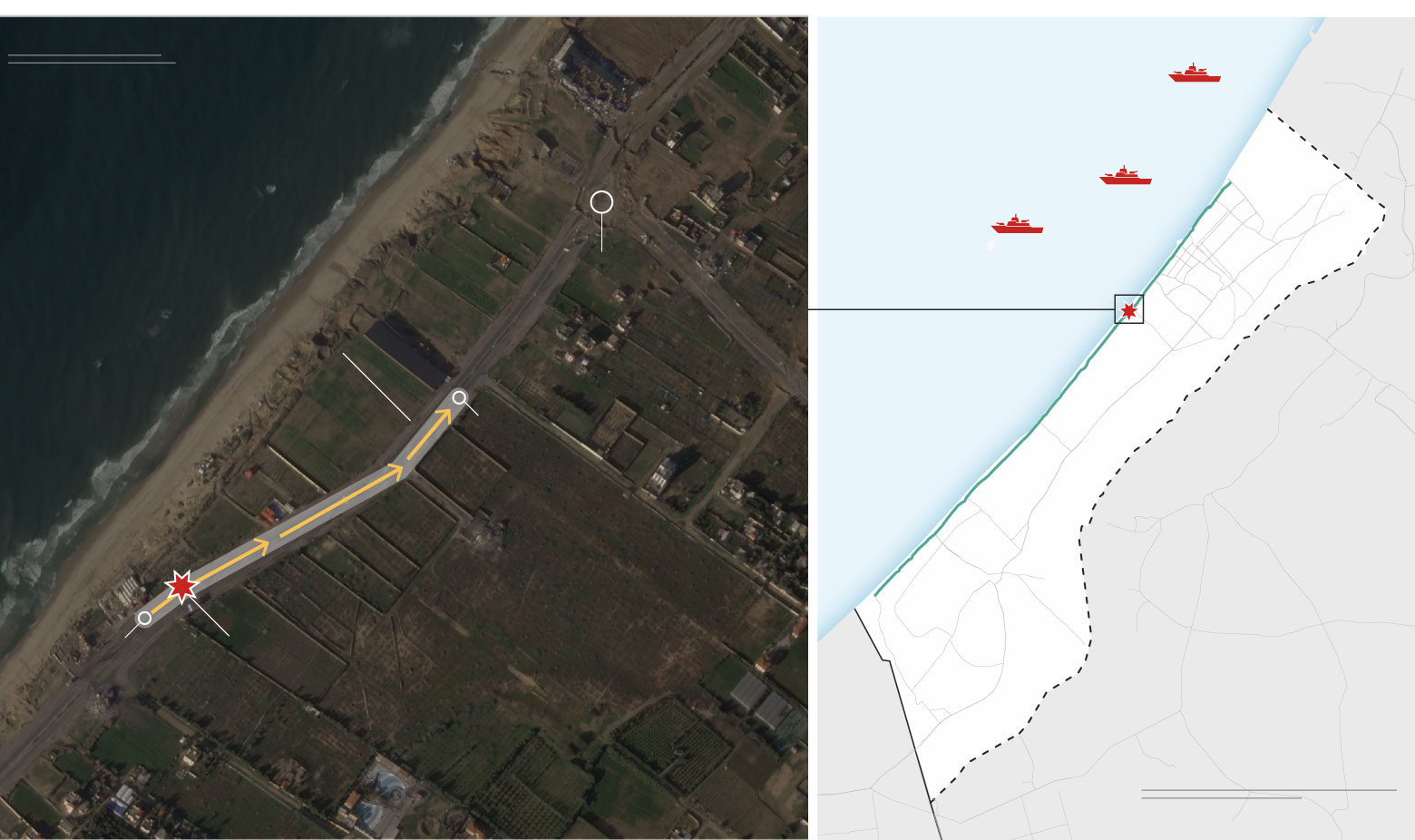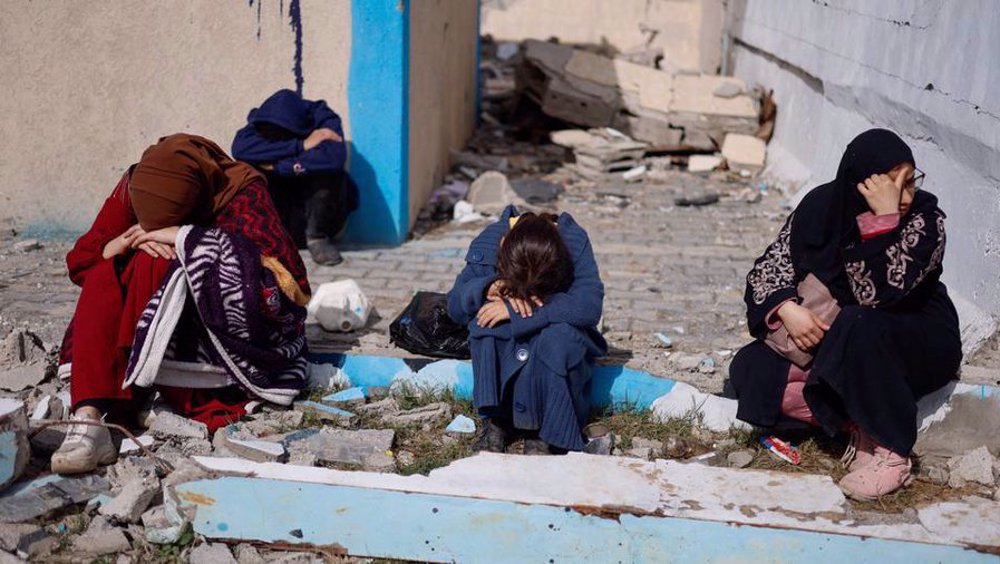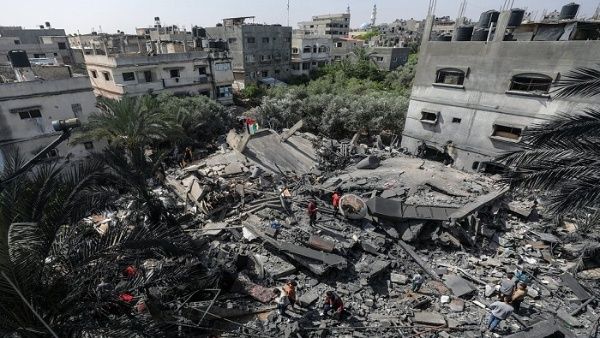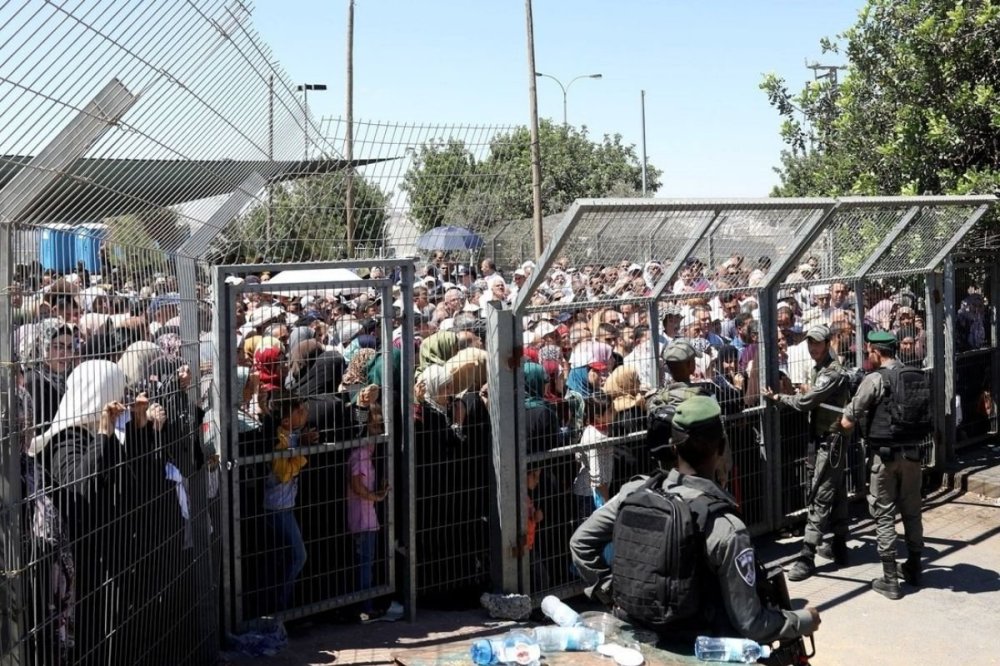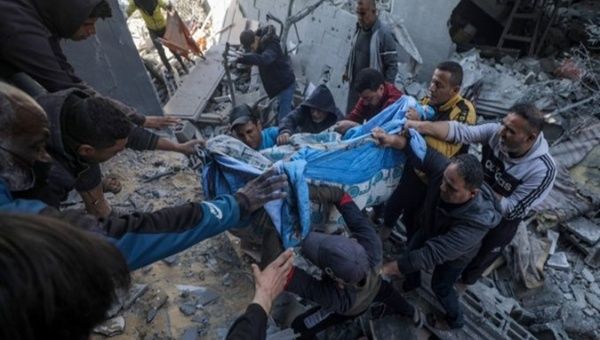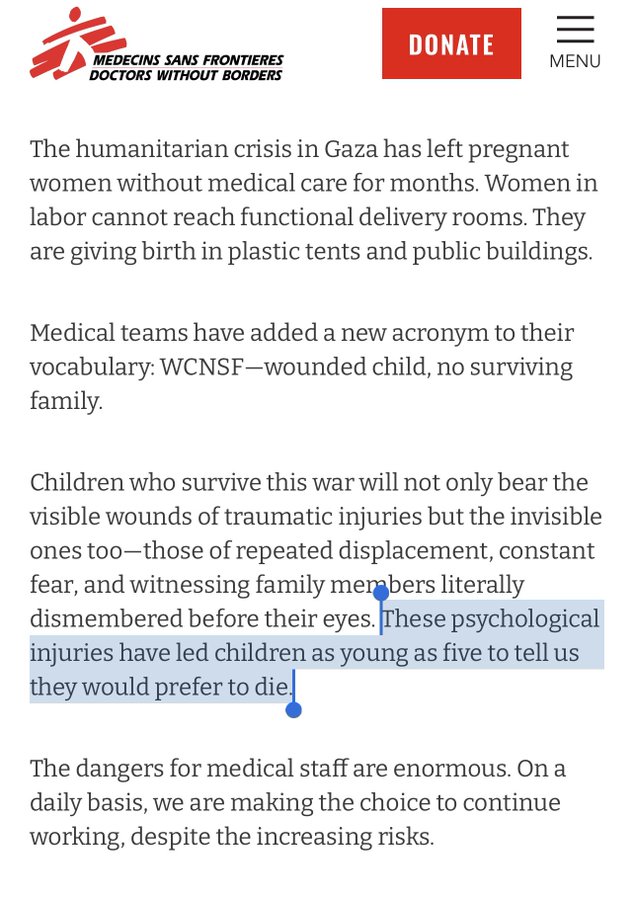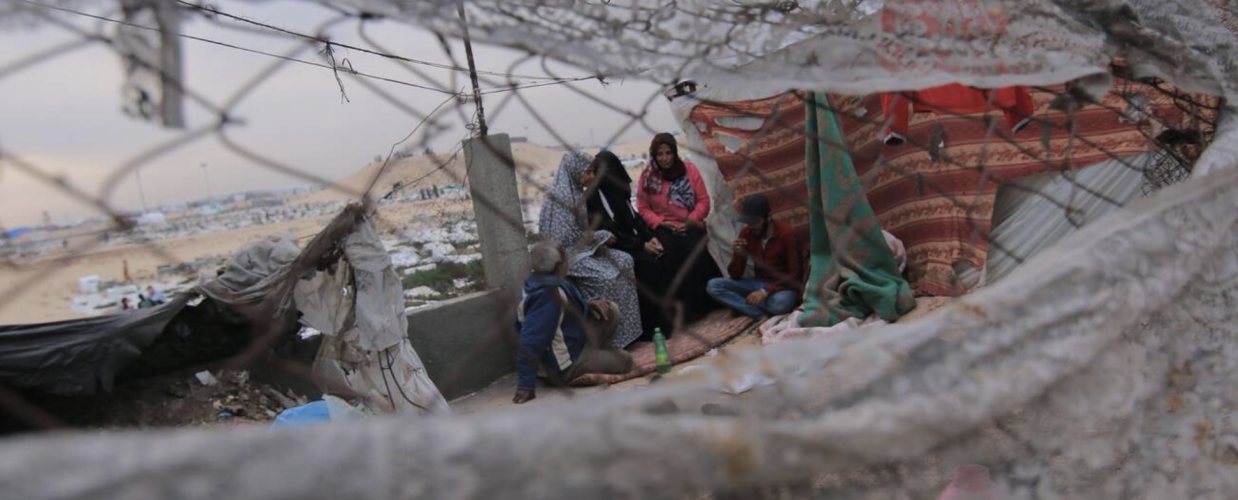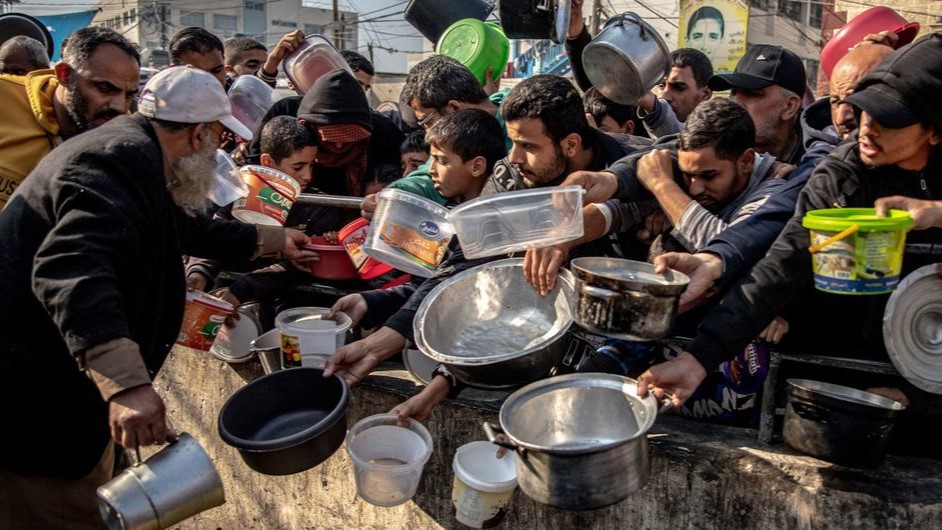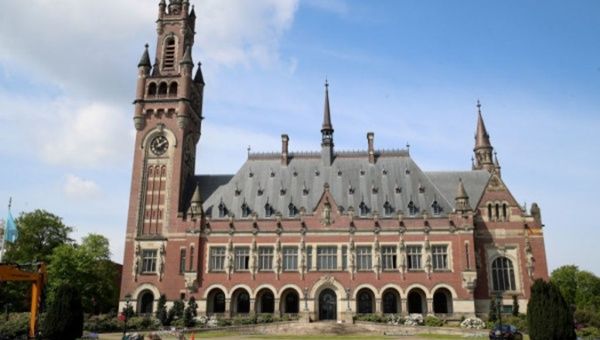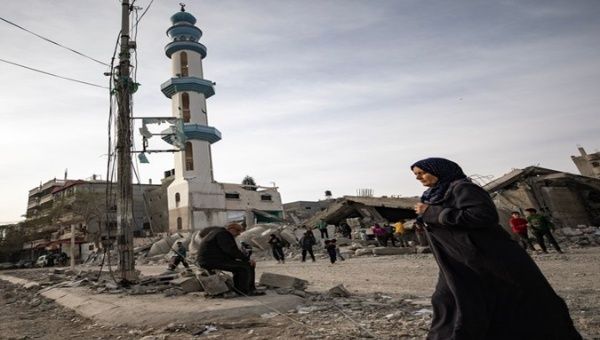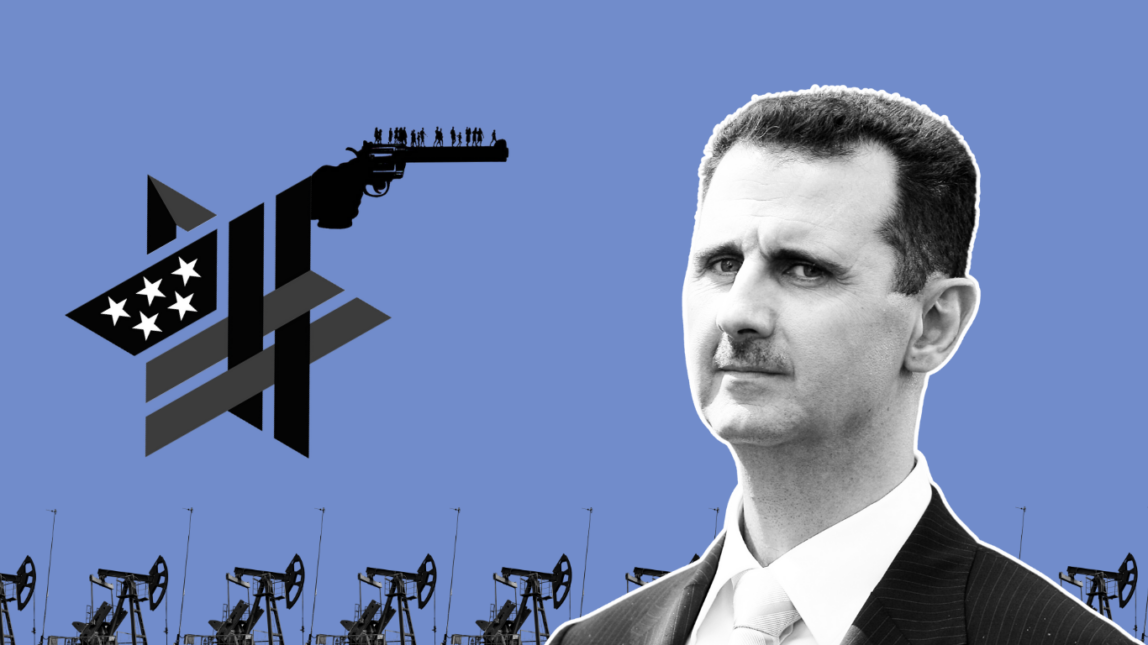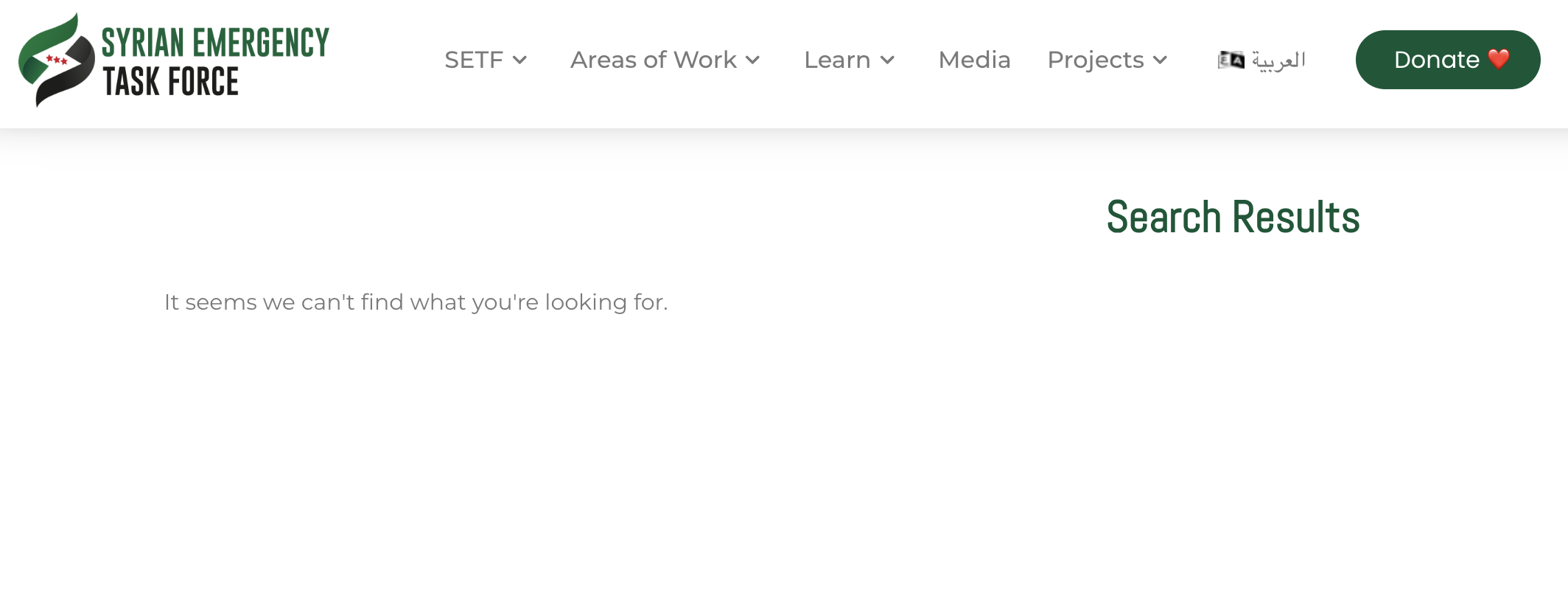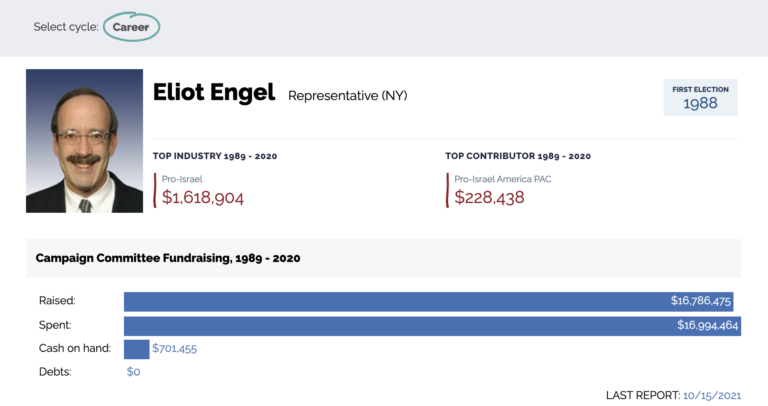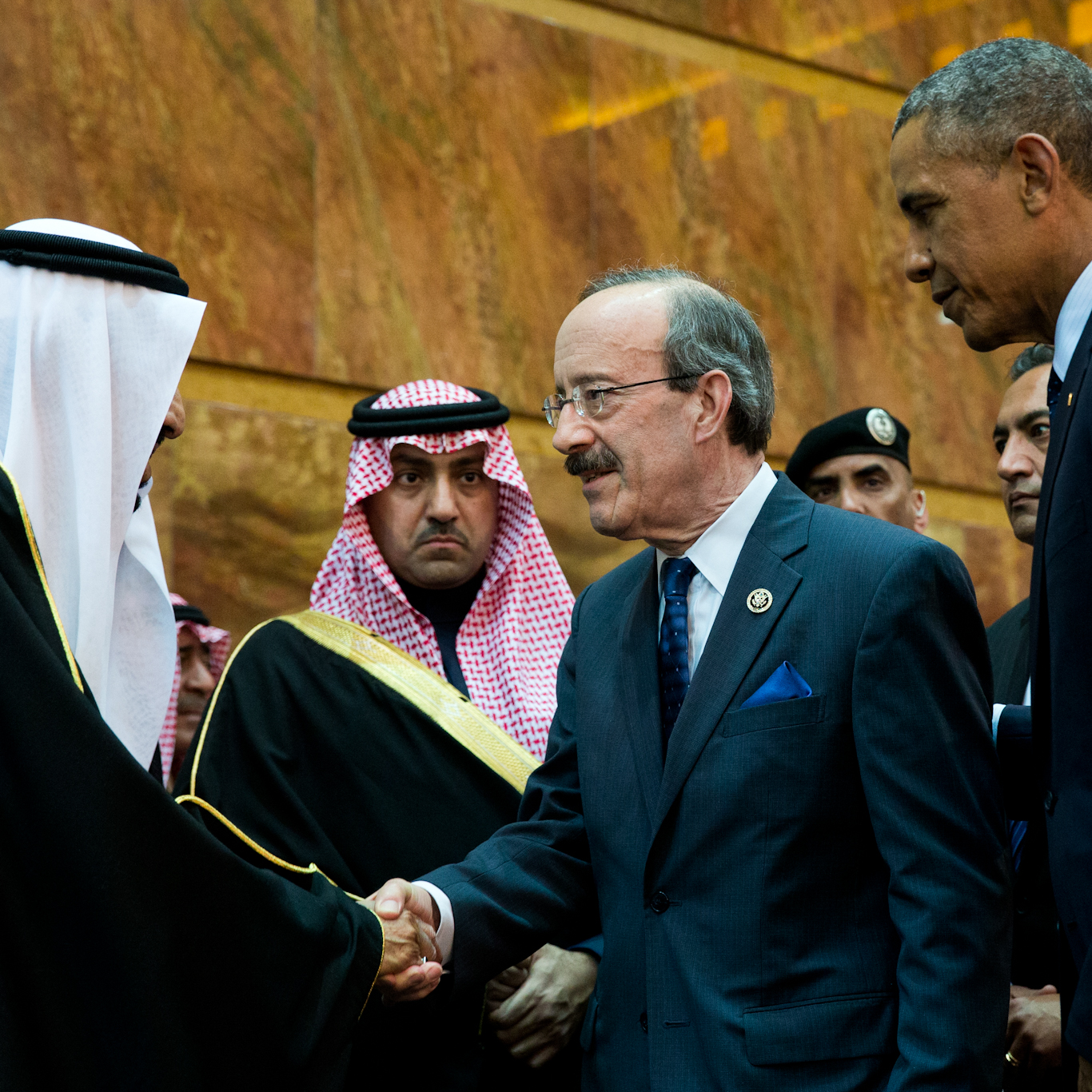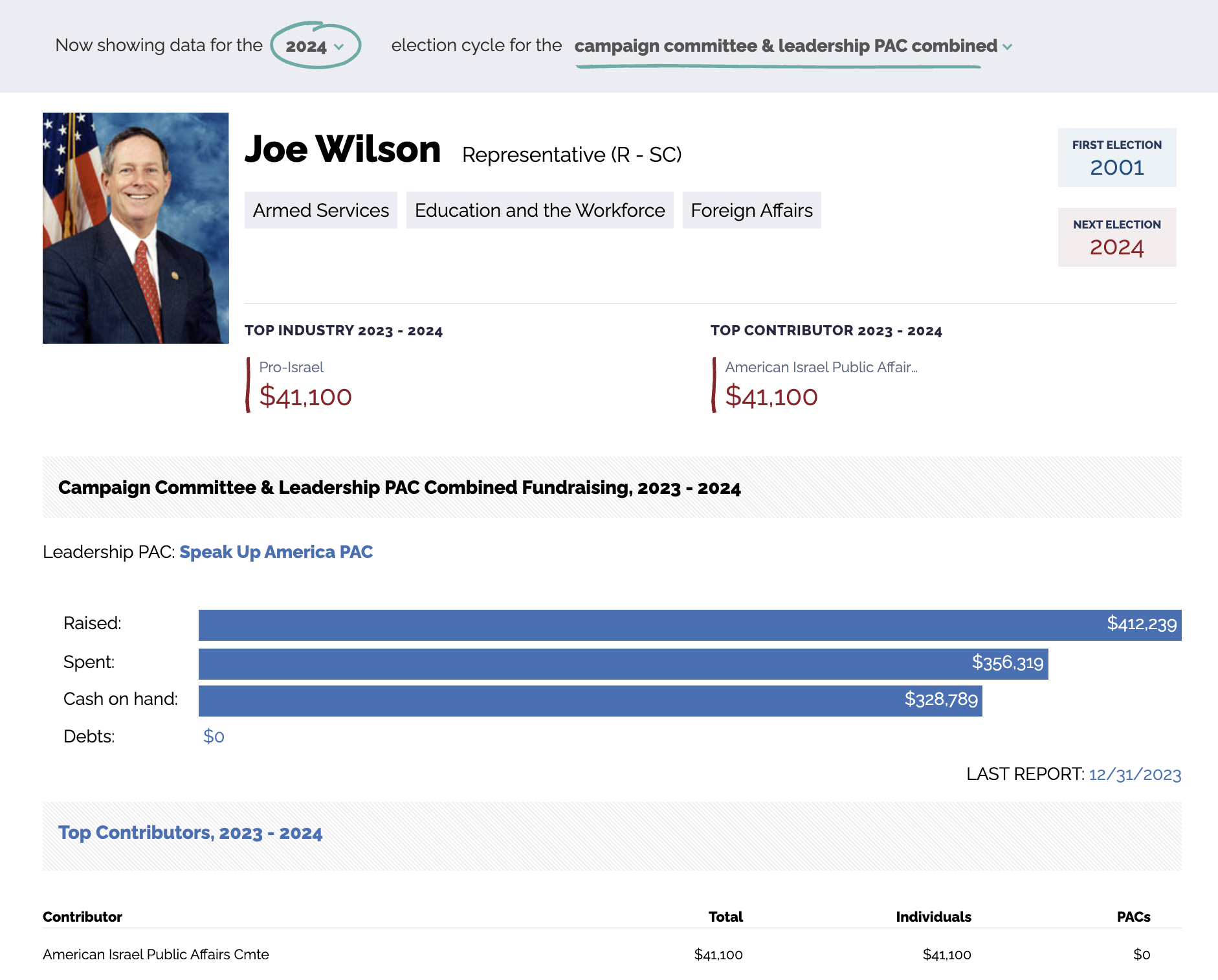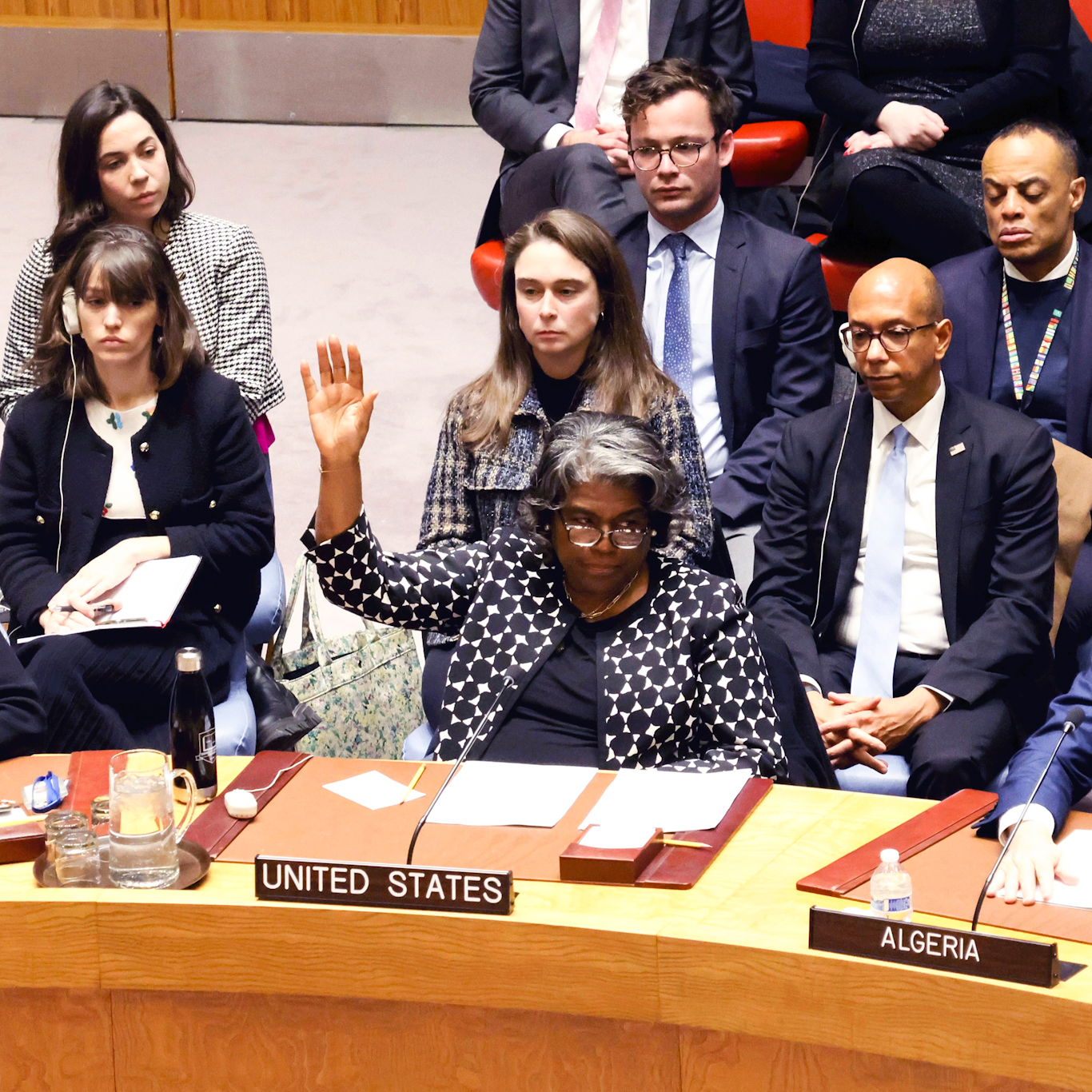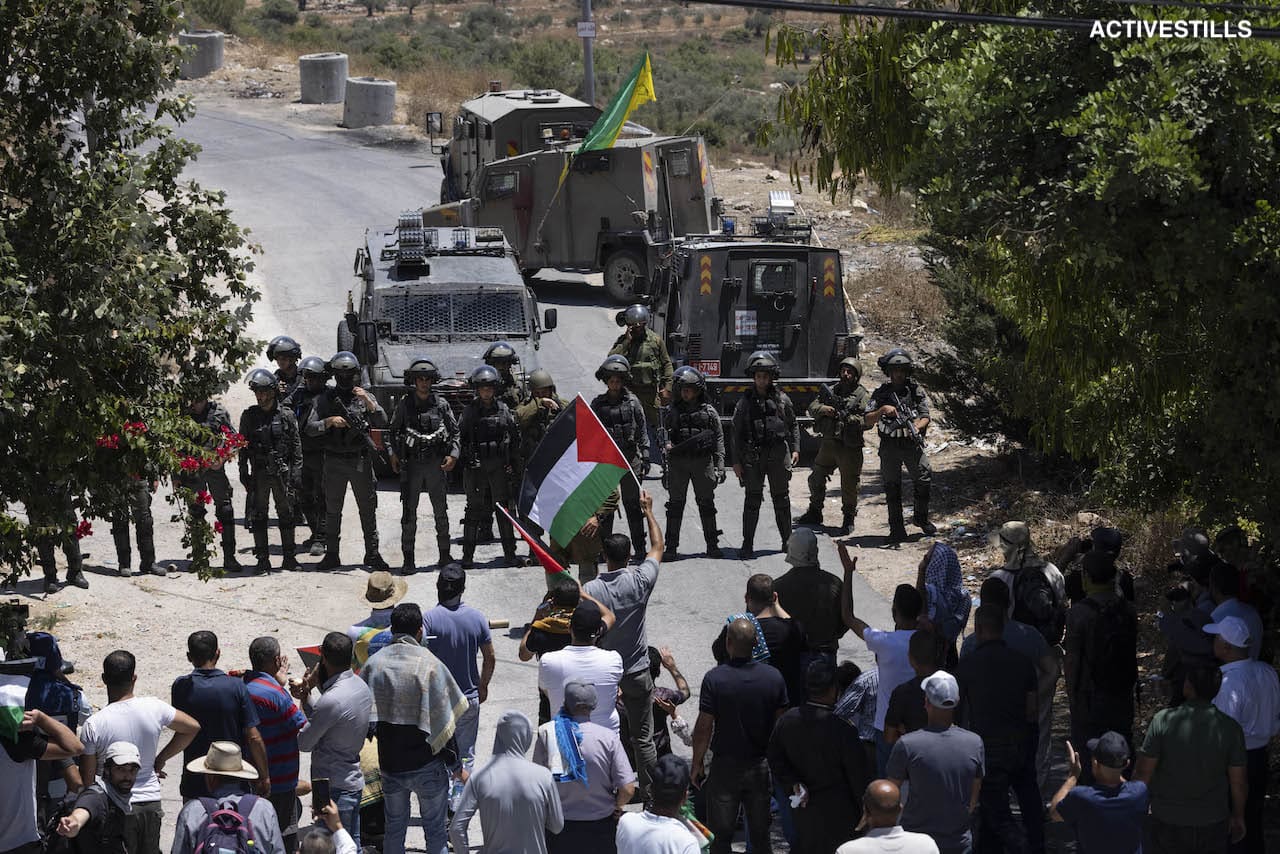By Pat Elder - February 16, 2024 0

[Source: al-monitor.com]
The buildings and the people in them are burning while the soil, sea, air, and groundwater are being poisoned in Gaza.
Joshua Frank’s article, Making Gaza Unlivable ought to be read by everyone. Frank is the managing editor of CounterPunch. He describes the collapsing infrastructure and dire circumstances of Gaza in this January 12 story:
“Like the Allied forces of World War II, Israel is killing indiscriminately. Of the 29,000 air-to-surface munitions fired, 40% have been unguided bombs dropped on crowded residential areas. The U.N. estimates that, as of late December, 70% of all schools in Gaza, many of which served as shelters for Palestinians fleeing Israel’s onslaught, had been severely damaged. Hundreds of mosques and churches have also been struck and 70% of Gaza’s 36 hospitals have been hit and are no longer functioning. According to Human Rights Watch (HRW), Israel is using a lack of food and drinking water as a tool of warfare.”
We’ll examine the deadly contamination that accompanies the Israeli onslaught, starting with Aljazeera’s coverage.
Al Jazeera reports: “Thousands upon thousands of Israeli and Western-supplied bombs dropped on Gaza bring not just death but a toxic legacy from explosive chemicals, dust, and debris from destroyed buildings that pollute the air and the ground. Israel’s military offensive in Gaza is leaving a new layer of toxic chemicals in Gaza’s soil, adding to those left behind from many wars it has waged before.”

Raw sewage is flooding the streets and polluting the sea in Gaza. [Source: youtube.com]
According to AP News, blast fragments found on-site show that the vast majority of bombs dropped on Gaza are U.S.-made. The weapons include 2,000-pound “bunker-busters” that have killed thousands in densely populated areas.

2000-pound GBU-31 Joint Direct Attack Munitions (JDAMs) are transported to the flight deck of the USS Harry S. Truman on March 21, 2003, in the Mediterranean Sea. The bombs were used in Iraq. [Source: bloomberg.com]
The JDAM bombs include precision-guided 1,000 and 2,000-pound “bunker-busters.”
“It turns earth to liquid,” said Marc Garlasco, a former Pentagon defense official and a war crimes investigator for the U.N. “It pancakes entire buildings.”
Washington has “donated” 100 BLU-109 bombs to Israel that are meant to penetrate hardened structures before exploding, the report said.
The 2,000-pound BLU-109 bomb was specifically designed to kill civilians by penetrating hardened targets below the ground where families may be taking cover. A delayed-action fuse detonates the 550 pounds of high explosive tritonal, ensuring complete destruction of the location.
Tritonal
Tritonal is made up mostly of 2,4,6-trinitrotoluene, known as TNT. It accounts for a large portion of the explosives-related contamination in Gaza. TNT presents various health and environmental concerns. Potential symptoms of exposure may include irritation of the skin and mucous membrane, liver damage, jaundice, cyanosis, peripheral neuropathy, muscle pain, kidney damage, cataract, dermatitis, leukocytosis, anemia and cardiac irregularities. (NIOSH 2016)
The most likely routes of exposure to TNT are from drinking contaminated water or skin contact with contaminated surface water or soil. Potential exposure to TNT also occurs through inhalation, or by eating crops grown in contaminated soil (ATSDR 1995) The European Chemicals Agency, ECHA says this substance may cause cancer, is suspected of damaging fertility or the unborn child, and is suspected of causing genetic defects.
General Dynamics has made enormous profits peddling this deadly substance. The company employs more than 100,000 people worldwide and generated $42.3 billion in revenues in 2023, more than the annual gross national product of most nations on Earth. (115 nations).
A kind of false circular reasoning holds that manufacturing weapons for use in Israel by Boeing, General Dynamics, Lockheed Martin and others is good for the American economy. Actually, the weapons are provided to Israel at U.S taxpayer expense while the product of the munitions adds nothing of positive value, like building hospitals or rebuilding crumbling infrastructure in the U.S. or Gaza.
Gabriel Black with the World Socialist Website has compiled an excellent survey of the weapons the U.S. provides to Israel. Data from Reuters, the International Institute for Strategic Studies, and Al Jazeera suggest this fleet consists of:
F-35s manufactured by Lockheed Martin
F-16s by General Dynamics and Lockheed,
F-15s made by McDonnell Douglas/Boeing.
These warplanes are equipped with bombs, missiles and guidance kits largely manufactured in the United States.
According to Al Jazeera, Israel has dropped 25,000 tons of explosives—about double the power of the atomic bomb dropped by the United States on Hiroshima in World War II.
RDX Is Also a Killer

The explosive compound RDX helped make America a superpower. Now, it is poisoning the world’s water and soil. [Source: features.propublica.org]
The explosive charge in many conventional bombs often consists of RDX. Gazans may be exposed if they breathe RDX fumes from explosions. People may also be exposed to RDX by drinking contaminated water or by touching contaminated soil. RDX is associated with liver injuries, edema, anemia, hemosiderosis and spinal diseases

November 6, 2023: 75 anti-militarist youth organizers blocked all entrances to Boeing Manufacturing Plant 598 near St. Louis, Missouri. [Source: twitter.com]
Joint Direct Attack Munition (JDAM)
The Joint Direct Attack Munition (JDAM) is an add-on kit that turns “dumb” bombs into “smart” ones. All of the world’s JDAMs are made by Boeing in a single factory in St. Louis, Missouri.

[Source: gd.com]
More than 1,100 General Dynamics workers in Ohio, Michigan and Pennsylvania supply weapons to Israel. Many of the factories producing weapons are organized under the United Auto Workers (UAW) or the International Association of Machinists and Aerospace Workers (IAM). It is reminiscent of the 1965 Phil Ochs song, “I Ain’t Marching Anymore”:
Now the labor leader’s screamin’
When they close the missile plants…
Call it peace or call it treason
Call it love or call it reason
But I ain’t marching anymore.
The people of Gaza must do what they can to avoid breathing the smoke from bombs dropped by the Israelis. When modern apartment buildings are engulfed in flames, they emit poisonous gases. The guide below captures the science of deadly smoke inhalation.

[Source: theredguidetorecovery.com]
The chemicals here are found in the smoke from the bombing of an apartment building.
Burning a massive apartment building may generate many thousands of toxic chemicals and gases while modern science has not been able to keep up with the adverse health effects that may result from each.
Imagine all the materials that go up in flames. These likely include plastics, foams, textiles, carpets, human and animal corpses, wood products (treated lumber, plywood, flooring), asbestos, lead, paint, synthetic fabrics, electronics, furniture, household chemicals, etc.
The asbestos is particularly concerning.
Respiratory ailments, cardiac hazards, and cancers connected with exposures to an environment affected by these fires are far greater than those a generation ago, mainly because the chemical compositions used today to manufacture products and weapons have changed dramatically. The alarming number of cancers among veterans (and their dependents) exposed to deadly chemicals on American military bases tells the story. The American and Israeli governments and their militaries are criminal enterprises.
White Phosphorus

Smoke rises above the Gaza Strip after a white phosphorus attack by Israel on October 11, 2023. This was the first full day of Israeli atrocities when many Gazans were burned alive. [Source: commondreams.org]
Although Syria has long complained of Israel’s use of napalm, we do not have evidence of its use in Gaza, although we know the Israelis are using White Phosphorus, another frightening incendiary weapon. It is extremely toxic to humans.
Gazans are exposed to white phosphorus by breathing in air that contains the chemical or by swallowing water or food contaminated with it. White Phosphorus is a chemical made from phosphate rocks. Manufacturers use white phosphorus to make products like bombs, computer chips and rat poison. It is a brave new world.
White phosphorus bombs can cause injuries that are more serious and harder to treat than injuries from conventional bombs. White phosphorus causes very painful burns. People have reported seeing smoke coming from their injuries as the white phosphorus continues to burn under their skin. It is evil. Because white phosphorus dissolves easily in fat, it is absorbed through the skin and into the body, where it can cause damage to the kidneys. liver, and heart.
As Nada Majdalani explained, Gaza is entering its rainy season. Rainwater washout of bomb sites contaminates nearby waterways, their sediment, and the aquatic life people consume.
Pesticides
Israel has a history of spraying heavy doses of pesticides along the buffer zones with Gaza to deprive potential “terror elements” of cover, but farmers in Gaza say their crops and livelihoods are damaged.
We saw Israel’s lax enforcement regarding PFAS and brominated fire retardants, so it is not surprising that the nation is swimming in pesticides. Environmental and health agencies designed to protect public health are instead subservient to the corporate national security state.
The use of pesticides and insecticides in Israeli agriculture is among the highest in the world, another factoid for the BDS folks. The most contaminated fruits and vegetables are: apples, leafy vegetables, wheat, barley, strawberries and grapes.
It is not surprising that Israel also has among the highest rates of non-Hodgkin lymphoma in the world. Israeli children are widely exposed to organophosphate pesticides.
We are witnessing the maturing of a rabid fascist state. Israel is leading the way to a new world order! Addressing the rise of the far right in America, Noam Chomsky explains, “The ground is well prepared for the rise of neofascism to fill the void left by unremitting class war and capitulation of the mainstream political institutions that might have combatted the plague.”
In solidarity with the brave people of Gaza!
https://covertactionmagazine.com/2024/0 ... ning-gaza/
Chomsky and his ilk have contributed to the rise of fascism through their mantra, "Anything but communism!"
******
Toward Decolonization in Palestine: An Interview with Tareq Baconi
Posted by INTERNATIONALIST 360° on FEBRUARY 16, 2024
Ashley Smith

The struggle to free Palestine stands at a turning point. Hamas’ attacks on October 7th shattered the status quo, triggering both Israel’s genocidal war on Gaza and an outpouring of international solidarity with the Palestinian people and their struggle for liberation. Spectre’s Ashley Smith spoke with Tareq Baconi, author of Hamas Contained, about October 7th, Israel’s genocide, and the state of the Palestinian resistance and its implication for the region and world.
Tareq Baconi is the author of Hamas Contained: The Rise and Pacification of Palestinian Resistance (Stanford University Press, 2018). His writing has appeared in the London Review of Books, the New York Review of Books, the Washington Post, among others, and he is a frequent commentator in regional and international media. He is the book review editor for the Journal of Palestine Studies.
The International Court of Justice (ICJ) just released its initial ruling. What is your assessment of it and its impact on the war, geopolitics, and global popular opinion? What is your analysis of the Western powers’ response, especially the decision by the United States to cut off funding to the United Nations Relief and Works Agency (UNRWA)?
The ICJ ruling is a very important milestone for Palestine, and more broadly for international law and global governance. It decided that South Africa’s charge of genocide against Israel is plausible and agreed to accept the case. But the ICJ’s ruling was also a painful one for Palestinians as it failed to call for a ceasefire.
But in terms of the politics behind it, the ruling is significant. The ICJ’s ruling that Israel abide by genocide conventions and allow humanitarian aid into Gaza is unprecedented. It demonstrates how international law can become an important site of battle against Israel and a place where justice can be sought for the oppressed, alongside the political work behind the scenes.
Of course, as many have argued, there are severe limitations to what can be won through international law. Certainly, it will not deliver full justice and liberation to Palestinians. Nonetheless, the ruling has demonstrated global pushback against the hegemony of the Western powers, specifically, in this instance, the U.S. and Israel, as well as other states like Germany that opposed South Africa’s case.
The pushback has to be seen within the context of geopolitical realignment, in which more countries such as South Africa and others in the BRICS are challenging Western hegemony on the global stage. In that context, I see this ruling as the beginning of a corrective that can result in a more equitable structure of global governance.
The one other thing that is incredibly important is that the ruling is an opening for other states to intervene, to demand a ceasefire, and to hold Israel accountable for the ongoing genocide in Gaza. In the past, many states in the Global South have felt intimidated by the Western powers and their control and manipulation of these international institutions.
The US and European states have used them for their imperial interests. Now, hopefully, more states in the Global South will use them in the cause of justice for the oppressed and to push back against Western hegemony.
Demonstrating their opposition to such uses of international bodies, the US and its allies cut off funding to UNRWA. They took at face value Israeli allegations that 12 of the agency’s 30,000 employees participated in the October 7th attack on Israel.
Cutting off funding now amidst a genocide is a form of collective punishment against Palestinians, who rely on UNRWA to meet their day-to-day needs. It could trigger a full blown famine in Gaza.
Israel has long aimed to dismantle UNRWA, deny Palestinians’ status as refugees from the Nakba in 1948, and deny their UN-granted right of return to their stolen homes and land. The Western powers’ decision to cut funding to UNRWA shows that they are clearly aligned with that project.
Israel seems to be failing to meet its two stated objectives for its war on Gaza: the destruction of Hamas and the release of the hostages. It seems that Defense Secretary Lloyd Austin’s warning to Israel is correct, that it risked a strategic defeat despite scoring a tactical victory. What is your assessment of Israel’s strategy? What is it actually fighting to accomplish? How much of this does the US support and how much of it does it disagree with?
Israel’s strategy from the start was implausible. It could never achieve its stated objective of decimating Hamas. Hamas represents political views that extend far beyond it as a party and military organization. It is a constituent element of the Palestinian liberation struggle.
Even if Hamas’s current organization is weakened, it will rebuild itself in new forms. And the broader resistance will similarly grow. The idea that Palestinian resistance to Israeli apartheid can be eradicated is a fantastical notion.
That can only be achieved by the complete annihilation of the Palestinian people, which is exactly what Israel is trying to do. Under the guise of defeating Hamas, it is carrying out ethnic cleansing and genocide in Gaza.
But with all that horrific violence, Israel has even failed to deliver a powerful blow to the movement. Hamas continues to operate as a resistance force, firing rockets into Israel and staging attacks against the Israeli army.
Israel has also failed to achieve its second objective. It has freed only one hostage – a soldier – by military means. It has only been able to release civilians through negotiated agreements with Hamas, exchanging Palestinian prisoners for Israeli hostages.
So Israel is losing both tactically and strategically. Its tactical defeat on the battlefield is evident. But its strategic loss is even greater. On October 7th, Hamas shattered a fundamental pillar of Zionism, which is that the Israeli state can ensure the safety for Jews within its borders while maintaining its apartheid regime against Palestinians.
Thus, regardless of what one thinks about October 7th, Hamas can claim to have scored a strategic victory on that day. Of course, it is very difficult to talk about victory given the blood-letting and given that Palestinians are being subject to genocide.
As far as the US is concerned, the Biden administration is ideologically and strategically committed to what the Israeli government is doing. There is no disagreement between the two.
I do not think that the Biden administration is seriously concerned about the level of civilian death and the destruction of Gaza’s infrastructure. If it was, it would not be supporting, funding, and arming Israel to carry out the genocide.
It has put no conditions on its aid. Its repeated expressions of concern for civilians are just for public relations and to secure plausible deniability for its complicity with genocide. It is just as culpable for this crime against humanity as is Israel.
Washington’s attacks on the Houthis confirm that. It has decided to bomb Yemen, one of the poorest countries in the world, in order to allow Israel to continue its genocidal war, rather than call for a ceasefire.
It could easily stop the war, and thus bring an end to the Houthi attacks on ships in the Red Sea. That it has not done so shows how invested the US is in Israel’s total war on Palestinians.
Now let’s turn to Hamas. What condition is it in now, both as a political and military force? What are its strategy and goals in the current war? How much support does it have from the Palestinian population now?
This is my analysis of Hamas at the current moment, based on years of studying it but not on any interviews with its members since October 7th. Militarily, I think Hamas believes itself to be winning.
It has shattered Israel’s confidence, blocked it from achieving its two objectives, and negotiated the release of hundreds of Palestinian prisoners. That success, however, has of course come at an enormous price for Palestinians.
Now, politically, several things are happening. Hamas is trying to communicate its objectives to a broader public in Palestine, the region, and in the rest of the world. It is attempting to counter the allegations that Israel and the US have made about October 7th, to tell its side of the story, and ground everything in the ongoing oppression of Palestinians and their right to resist Israeli apartheid.
Politically, Hamas’s leaders are offering at times conflicting messages. On the one hand, figures within the movement are reiterating its willingness to accept the creation of a Palestinian state on the 1967 borders.
In part, it is doing this in response to pressure from the Western powers and states in the region to signal any concession that might bring an end to Israel’s genocidal war. It might also be using this proposal to call the bluff of Israel and the international community, to expose the fact that Israel will not accept a two state solution, and therefore that Israel is the real obstacle to a just peace.
On the other hand, the movement is clearly also seeing this moment as an important milestone in the long-term struggle for the liberation of Palestine, one which it hopes could resuscitate Palestinian – and perhaps regional – resistance to Israeli colonization.
Hamas’ October 7th attack was the immediate cause of Israel’s genocidal war. Given the barrage of propaganda spewed by Israel and the US, it is worth clarifying what in fact occurred. What actually happened and what did not? What was Hamas aiming to accomplish in the attack?
There is a fog of war that is slowly lifting around what actually happened on that day. I will focus specifically on Hamas’s thinking. It is likely the case that the movement was aiming to target military bases around the Gaza Strip, to capture soldiers and bring those as captives, to break through the fence area separating the strip from the rest of historic Palestine, to gather intelligence, and to challenge Israel’s conviction that the Palestinian issue has been pacified.
The scale of the attack exceeded all these objectives and is likely to have gone further than Hamas itself might have anticipated, primarily because of the astonishing weakness of Israeli security and the failure of its intelligence operations. The movement’s ability to break through the fence area, and to spend as long as it did within Israel, going far into the territory, meant that the attack took on another dimension altogether.
Even with just the narrow objectives being fulfilled, Hamas’s leaders must have anticipated a violent and disproportionate response from the Israeli army. The current genocidal violence however likely exceeds anything that the movement might have expected. Nonetheless, the defensive capabilities Hamas has developed, as well as the infrastructure for an effective guerrilla warfare in the Gaza Strip, shows the movement to be quite prepared for engaging with Israel’s army.
Since October 7, many of the allegations put forward by Israel, repeated uncritically by Western politicians and media, were smothered in orientalist and Islamophobic tropes – I’m thinking specifically about the forty decapitated babies. The ease with which the Israeli narrative is absorbed by its Western allies shows that there is very little understanding of how Israeli hasbara works, and that there is an infinite well of support for Israel and an immediate suspicion of Palestinians.
As for the allegations around Hamas’s targeting of civilians and the systematic use of rape as a weapon, the movement issued a long document pushing back against these accusations, rejecting that the movement had employed such tactics. As a scholar of the movement, I would be surprised if Hamas employed rape or sexual violence systematically as a weapon of war.
But there is no doubt that there was violence committed against civilians on that day, and credible investigations are needed to separate what are spurious allegations from the reality of what took place. Sadly, the narratives around that violence have proven sufficient for Western powers to launch and condone a genocidal war, truth be damned.
The case with UNRWA is the latest example where Israeli allegations – so often in the past proven ultimately incorrect – are sufficient to result in action that harms Palestinians.
What has been the impact of October 7th and the war on the Palestinian population and its liberation struggle? On the one hand, it seems like a second defeat, another Nakba. On the other hand, we are in the midst of a historic groundswell both regionally and globally of solidarity with Palestine. What is your assessment of the situation?
I think both of these things are true. On the one hand, it is important to understand what is happening today as part of the Nakba. The Nakba started before 1948 with the Zionist colonization of Palestine and has been ongoing ever since.
That history of dispossession has been punctuated with moments of spectacular Zionist violence. We are living in one of the most extreme moments right now in Gaza.
But the Zionist attack is not only against Palestinians in Gaza. Israel and its settlers are carrying out attacks, expulsions, and land seizures in the West Bank. The Israeli state is also repressing Palestinians in Israel.
Obviously nothing compares to the genocide in Gaza. Israel is leveling cities, killing vast numbers of people, and murdering children, threatening the very existence of the current and next generation of Palestinians there.
It is making Gaza uninhabitable. Even if there is a ceasefire tomorrow, where are the Palestinians in Gaza going to live? There are no hospitals. There are no schools. Most people in Gaza are now homeless.
And in the vast new tent cities filled with hundreds of thousands of displaced people, the winter cold, disease, and hunger threaten death on an unimaginable scale. So, we are living another Nakba. Those of us who are on the outside have been paralyzed by grief and fear for our people in Gaza.
At the same time, this is one of the most important moments in Palestinian history. We might be on the cusp of real change. We are witnessing unprecedented global awareness of Palestinian oppression and resistance and unprecedented international solidarity with our struggle for liberation.
But more importantly than that, we are no longer talking about rotten compromises in exchange for creating a Palestinian Bantustan. Instead, we are talking about first principles, about the right to self-determination, about the right to resist, and about ethnic cleansing, settler colonialism, and genocide. We are talking about the Nakba in 1948.
All of this represents a fundamental challenge to Israel, the US, and the other Western powers. They are exerting enormous pressure to force us back into the box of partition and the two state solution. Now they are promising to establish a Palestinian state with a capital in East Jerusalem.
But no one takes their promises seriously anymore. The apartheid regime is committing genocide. And the Western powers are complicit with it. No one trusts them to treat Palestinians as a people with a right to self-determination and with a right to sovereignty and their own state.
As a result, we are going back to the question of how you decolonize Palestine. How do you dismantle this genocidal apartheid regime? We have to focus on that question and that project.
We must not fall back into the older paradigm of partition. We must move forward toward a complete paradigm shift and set our goal as complete decolonization. There is no other way to win liberation, justice, and with that, peace.
In your book, you document how Hamas filled a vacuum as the main military resistance, after the PLO abandoned that strategy for diplomacy and agreed to the Oslo process, accepting the partition of historic Palestinian, and abandoning the goal of a one state solution. But you document how Hamas became contained once in political power in Gaza, balancing between ruling as a government with the aim of statehood within the 1967 borders, and with continued military resistance with the aim of the full liberation of historic Palestine. What are Hamas’s politics, strategy, and goals?
I have grappled with this question a lot since October 7th. After Hamas won the elections in 2006 and was driven to seize control of Gaza and rule it until 2023, it was effectively contained.
It was limited institutionally and militarily to the Gaza Strip. Its infrastructure in the West Bank was dismantled by the Palestinian Authority (PA) and Israel. And its political leadership was all abroad.
In Gaza, Hamas’s military resistance was restricted to firing rockets on Israel to pressure it to relax its blockade, allow supplies in, and to improve conditions for its impoverished people. As a governing authority, it shifted from being solely a military movement committed to armed resistance, and became a ruling party responsible for 2.3 million Palestinians under its governance.
That new position shaped its priorities and changed its military strategy. During this period, it began to talk about accepting the creation of a Palestinian state on the 1967 borders.
But, in contrast to the PLO, Hamas never conceded ideologically towards partition; it never put down its guns or recognized the state of Israel or the right of Palestinians to the entirety of the land. It may have been contained by governing Gaza, but ideologically it still held out the goal of full liberation and, as its leaders repeatedly stated, it kept its finger on the trigger.
It believed in the longer term, and as I noted in the book, even the effective containment of the movement and its pacification were likely to be temporary. It always reserved the right to full resistance for the full liberation of historic Palestine.
That led me to ask, how temporary was its containment? Was it pacified for the medium and long term? Could it challenge its confinement?
October 7th has answered those questions. It decided to break through its containment. In doing so it has achieved a goal it long aspired to, which is a bit counterintuitive, of abandoning political governance for military resistance.
It is counterintuitive because it did run in the 2006 election for the leadership of the Palestinian Authority, which implied a desire to govern within the body of the PA. But for the movement, its political aspirations were never limited to governance.
Rather, it believed it could revolutionize the PA, turn it into a government of resistance, and use it to carry out full-scale resistance against Israeli apartheid. While it failed to accomplish that with the PA as a whole, it did use its governance in Gaza to carry out its unprecedented military attack on Israel on October 7th.
Now, Hamas has achieved its goal of shattering the illusion that Israel can maintain its colonial, violent rule with impunity. In the wake of that, Hamas is responding to developments as they happen.
It is engaged in negotiations over prisoner swaps and a potential ceasefire. Beyond that, I believe the movement’s long term aspiration of joining the PLO and reforming it from within to resuscitate the Palestinian struggle from the debris of Oslo remains a key objective.
It seems like the Palestinian struggle is at a strategic impasse. The diplomatic approach pursued by the PLO has led to devastating compromises and a corrupt PA, utterly discredited in the eyes of most Palestinians. Hamas’s adoption of the PLO’s old strategy of military resistance with the hope of securing support from Arab states seems unlikely to win, given the balance of military power that heavily favors Israel and the US behind it. Are there other alternatives? What about the strategy of seeing Palestinian liberation as bound up with popular struggle throughout the Middle East to overturn all the interconnected and oppressive state structures? What is the state of discussion and debate about the way forward now?
I think it has always been impossible to separate the diplomatic from the military, the legal, and Palestinian as well as regional popular struggle. I think all of these are means for pushing forward Palestinian decolonization.
Now, I do agree with you that we are at a moment of heightened contradictions. Diplomacy has until now ended in defeat for Palestinians and prospects for success on that front looks no better today. Western policymakers want to put Palestinians back in the trap of a truncated state with no real sovereignty.
At the same time, Palestinians are strategically winning on the military front, while suffering enormous losses in Gaza. And to this point, we have not seen a popular rising against the state and settler terror in the West Bank and inside ’48 [Israel proper]. So, these contradictions have to be dealt with very carefully.
For me, the greatest weakness of the current moment is that there is no Palestinian political project that unites all the legal, diplomatic, military, and popular struggles in a common strategy. Without that, these struggles can sometimes work at cross purposes with each other.
There is no body similar to what the PLO once was. But even the old PLO wasn’t representative of our whole struggle, because it didn’t include Palestinians inside Israel. So, we have no political project to make strategic decisions to lead a coordinated resistance, even as we have a global, energized and very effective grassroots movement.
We have two tasks, I think. First, we must encourage the emergence of a representative political body. That would enable us to assess the Palestinian struggle in its entirety, represent all its different constituencies, craft strategy, and implement it through the movement’s various fronts. For now, this means pushing back against all efforts to employ politicians who do not represent the people, and who are willing to accept a return to the status quo of Bantustan governance, for their own personal interest.
Second, we have to see the Palestinian struggle as intimately connected to the regional struggle. Israel as a settler colony is deeply connected with imperialist ambitions in the region (ushered into existence by the British Empire and supported since then by the US Empire).
But it is also deeply embedded with authoritarianism in the region. The various normalization deals orchestrated by the US and others between authoritarian regimes and Israel over the last few decades underline that fact.
That is why the liberation of Palestine has a regional depth and is intimately connected with the support it gets from the people of the region, support which is often at odds with the interests of their authoritarian regimes. Palestine, in this sense, is a regional issue as well as a global one.
It becomes, in my mind, the litmus test for decolonization in the 21st century. Therefore, as we continue to build a liberationist project that is representative of all our people, we as Palestinians have to forge regional and global alliances for our collective liberation.
That is why South Africa’s case at the ICJ is so important. It shows that our oppression and liberation is not just our issue, but that of the world and its institutions. If the ICJ isn’t a forum to push back against war crimes and genocide in Palestine, then it has failed as an institution of global governance and become one that is easily manipulated for Western interests.
The region seems to be standing on a knife’s edge, between a regional conflagration and a settlement of some kind. Except for the Houthis, who have threatened world commerce with missile attacks on containers in the Red Sea, the region’s states have done little to aid Gaza or the Palestinian resistance. At times, Israel in particular but also the US seem on the verge of triggering a regional war. At other times, the US and its allied Arab regimes seem committed to cutting a deal and restarting normalization, pacifying the Palestinian resistance, and imposing some kind of two state settlement with a reformed PA in control of both the West Bank and Gaza. But Israel at least under Netanyahu is absolutely opposed to any kind of two state solution. Where is this whole situation headed?
We have to look at the region, the US, Israel, and Palestine as a very complex situation with a lot of competing interests and different priorities. It is also a dynamic situation. So however we talk about it now will be a bit of a simplification.
That said, the authoritarian regimes in the region and Israel have a shared goal of maintaining military alliances that are fundamentally anti-democratic. They are all alliances of counter-revolution against the uprisings that began in 2010 and 2011.
The authoritarian regimes and Israel want to prevent such revolutions from again threatening their rule. The US shares their viewpoint; it wants regime preservation and normalization of relations to protect its interests and ensure stability in the region – as if stability and justice are at odds with each other.
There are the states that are looking to normalize relations with Israel like Saudi Arabia, and other states that have already normalized like the UAE, Bahrain, and Morocco. Some states, like Sisi’s regime in Egypt, are not only refusing to support the resistance but are actively supporting the Israeli genocide. These regimes do not represent the interests of their people and do not represent their people’s solidarity with Palestinians.
Then there are the regimes that are fearful for their own safety and stability, including, for example, Jordan. So, just as it has in the past, the Palestinian resistance is sending shockwaves through the region, challenging the state order. How much change it results in – and whether it changes it for the better or worse – remains to be seen.
The region is thus on a knife’s edge. On the one hand, the US and the region’s states want to contain the resistance and put everything back in the box. They want to impose the PA in Gaza, restart discussion about a two state solution, and return to normalization.
They are living in denial about just how disruptive October 7th was to their imperial and regional order. So they are reaching back to projects like the two state solution that are simply out of sync with reality. They are desperate for a stability that is probably not in the cards.
On the other hand, we see the possibility of a regional escalation everywhere. There is already a low-intensity war between the US and Israel with several countries. And Washington’s attacks on Yemen for the Houthis’ strikes on shipping as well as Washington’s looming attacks on Iranian-backed Iraqi militias for their drone strike on the US base in Jordan threaten to uncork regional conflict.
For its part, Netanyahu’s government in Israel believes a regional war beyond the Gaza Strip would be a godsend. It would enable Israel to change the whole geopolitical narrative of it carrying out genocide. It would use a regional war to say that they’re the embattled victim again, they’re David standing up to the regional Goliath.
In that context, it is very interesting to note how actors like Hezbollah are being careful not to take the bait, get antagonized, and react to Israeli provocations. There is a logic to their restraint. If you’re taking the long view, what Israel is doing in Gaza is sapping its morale, weakening its economy, and compromising its military.
So while the US may oppose triggering a wider war, Israel wants one. And if one happens, there is always the risk and possibility that the US joins it, detonating a regional and international conflagration.
Finally, as you have noted, Palestinian resistance has always been a trigger for popular uprisings throughout the Middle East and North Africa, both in solidarity with the liberation struggle and against the region’s authoritarian regimes. How is this playing out today? Can this new phase of the Palestinian struggle stir a new phase of struggle from below for the transformation of the region and the emancipation of Palestine?
No one can predict what will happen. The counterrevolution has crushed all the uprisings in every state in the region. The regimes have proved their staying power at the expense of their people.
As a result, there is a huge degree of fear, maybe even apathy and resignation among people in the region. They saw how the Syrian regime crushed its people. They saw the counter-revolution in Bahrain, Egypt, and many other countries.
The success of the counterrevolution has intimidated people against risking another round of revolution. They are not convinced that it would not result in the same disastrous outcome as previous uprisings.
No one should be naively optimistic. At the same time, the ills that plagued our region in 2010 persist today and are perhaps even exacerbated. And Palestine is a trigger as it always has been for the region and its oppressed peoples. Today you can see it in the protests in solidarity with Palestine, especially the massive ones in Yemen.
Every one of those mobilizations, no matter how big or small, are not just about Palestine, but about popular grievances about people’s material conditions and frustrations with their autocratic states.
Egypt is the place where that dynamic is most acute. Its people face conditions just as bad if not worse than in 2010, they support the Palestinian struggle, and confront a regime that is blocking humanitarian aid to Palestinians. It is a tinder box.
We are living in a very volatile moment. There are reasons for optimism, but also a need for sobriety about the challenges ahead. We have learned that these regimes are very powerful and quite brutal. But we are certainly in the midst of an important paradigm shift, and while victory is not inevitable, neither is defeat.
https://libya360.wordpress.com/2024/02/ ... eq-baconi/
******
Nasrallah Responds To Israeli Attack On Civilians In Lebanon
Two days ago I wrote about The Escalation In Northern Palestine. The latest event describe therein was an Israeli 'retaliation' airstrike which killed Lebanese civilians:
Predictably the Israeli occupation forces responded to the strike on Safad by escalating further:
The Israeli military said Wednesday its fighter jets "began a series of strikes in Lebanon", raising fears of a war between the two countries after months of cross-border fire.
The military gave no further details of the air strikes, while Lebanese media reported air raids on southern villages including Adchit, Sawwaneh and Shihabiyeh.
The strikes came hours after fire from Lebanon wounded multiple people in northern Israel, according to medics.
...
Fears have been growing of another full-blown conflict between Israel and Hezbollah, with tens of thousands displaced on both sides of the border and regional tensions soaring.
"I don't know when the war in the north is, I can tell you that the likelihood of it happening in the coming months is much higher than it was in the past," Israeli military chief Herzi Halevi said last month.
Following the last Israeli strikes, the Lebanese side said that four civilians had been killed or wounded by them.
The increase of hostility is getting to a point where there will no longer be the question "if" another war between Israel and Hizbullah will occur but only the question of "when".
Today Hizbullah leader Hassan Nasrallah held another speech announcing his response (notes taken from the live coverage by Al-Manar):
Sayyed Nasrallah: In February 1992, the resistance formulated an equation to protect civilians, which was formally established in July 1993
We absolutely do not tolerate any harm to civilians, and it is imperative that the enemy realizes they have crossed a red line in this regard
Since October 7, there has been immense global pressure to prevent the southern front from opening up to support Gaza. The enemy’s tactic, through targeting civilians, is to coerce the resistance into halting its actions
The response to the massacre must be an escalation of resistance efforts on the front, the enemy should anticipate this response
The enemy will pay the price in blood for shedding the blood of our women and children in Nabatieh, Al-Suwanah, and elsewhere
Both friend and foe will witness that the price for this bloodshed will be exacted in blood, not in structures, vehicles, or surveillance devices
It is essential for Americans and Zionists to understand that in Palestine, they are confronting a people who will not retreat, regardless of the sacrifices or challenges they face
The Lebanese resistance possesses powerful and precise missile capabilities, enabling its reach from Kiryat Shmona to Eilat
As the Israeli army has evacuated civilians from all settlements near the Lebanese border Hizbullah's response will likely be on a partially civilian target deeper within Israel.
Nasrallah also rejected the Israeli massacre propaganda which followed October 7:
Sayyed Nasrallah: Today, one of our responsibilities is to clarify the facts, as there has been a significant Israeli distortion of events since October 7
The Israeli media attempted to portray the resistance and Hamas on October 7 as “ISIL” in a distorted manner
The Israelis failed to present a single slaughtered child or raped girl to the world; instead, the settlers who were killed were actually victims of Israeli army fire
Many believed in the Israeli historical falsification regarding October 7, including countries that claim to be friends with the Hamas movement
...
Sayyed Nasrallah: The Israeli goal was to displace Palestinians from occupied Palestine, relocating the people of the West Bank to Jordan, those of Gaza to Egypt, and those of the 1980s to Lebanon
Operation Al-Aqsa Flood exposed this long-standing Israeli objective of establishing a purely Jewish state extending from the sea to the river
The project of establishing a purely Jewish state not only targets Palestinians but also poses a threat to Jordan, Egypt, and Lebanon
In memory of our martyred leaders, we reaffirm the efficacy of popular resistance as a viable option
The speech emphasized U.S. responsibility for whatever Israel does with the money and weapons the U.S. delivers to it.
It included remarks designed to calm the political scene within Lebanon.
The take from the speech is that the conflict is far from over and that all elements point to a further escalation of the simmering war.
Meanwhile:
Vast majority of Israelis support new Lebanon invasion: poll - The New Arab, Feb 16, 2024
Seventy-one percent of Israelis believe Israel should conduct a large-scale military operation against Lebanon to deter Hezbollah, a recent poll has shown.
The survey was conducted by the Israeli Maariv newspaper amid worsening cross-border violence between the Israeli army and the powerful Iran-backed Hezbollah militant group.
...
A growing number of Israelis, especially those who evacuated their homes in the north, have urged their government to take decisive action against Hezbollah and push them away from the frontier, even if that means a land invasion.
The Zionists have no idea what will come at them ...
Posted by b on February 16, 2024 at 16:11 UTC | Permalink
https://www.moonofalabama.org/2024/02/n ... .html#more
******
US ‘will soon regret’ escalation against Yemen
The US decision to designate Ansarallah as a terror group came into effect on Friday, one day after a new Yemeni attack on a British ship
News Desk
FEB 16, 2024

(Photo credit: Mohammed Mohammed/Xinhua)
The Deputy Foreign Minister in Yemen’s Ansarallah-led government in Sanaa, Hussein al-Ezzi, said on 16 February that the US has chosen escalation and “will soon” regret it.
“America has chosen the path of escalation and will soon feel the extent of the predicament [it is in],” Ezzi said via his account on X.
His comment came just hours after the recent US decision to designate the Ansarallah resistance movement as a terrorist organization came into effect. On 17 January, Washington announced plans to redesignate Ansarallah as a terrorist group, effective 30 days after the announcement.
Ezzi’s post also comes a day after Yemen’s Armed Forces, which is militarily aligned with Ansarallah, announced a new attack on a British vessel in the Gulf of Aden.
“The naval forces of the Yemeni Armed Forces carried out a military operation targeting a British ship, ‘LYCAVITOS,’ while it was sailing in the Gulf of Aden. The targeting was carried out with naval missiles that hit the vessel directly, praise be to God,” Yemeni army spokesman Yahya al-Saree said on 15 January.
After the war in Gaza began, the Yemeni army began military operations targeting Israeli-owned or linked vessels in the Red Sea, as well as ships destined for Israeli ports. These actions were taken in support of Palestine and the resistance in Gaza.
Sanaa has pledged to continue these operations until both the war and siege in Gaza are brought to an end and until sufficient aid reaches the Palestinians.
The US and UK launched a violent campaign against Yemen last month in response to Ansarallah and the Yemeni army’s blockade, prompting Yemen to respond by striking US and British vessels.
Yemen’s Information Minister Dhaifallah al-Shami announced on Wednesday that the US and UK have conducted hundreds of attacks on Yemen since last month.
Sanaa has repeatedly said that US and UK attacks will do nothing to deter Yemen from taking military action in support of Palestine.
On 8 February, Mohammad Ali al-Houthi, a member of Yemen’s Supreme Political Council, vowed that all foreign military vessels would soon be forced out of the region.
https://thecradle.co/articles/us-will-s ... inst-yemen
Washington readies thousands of bombs for Israel despite ‘push for truce’
The White House is preparing a package worth 'tens of millions of dollars' of MK-82 bombs, KMU-572 JDAMs, and FMU-139 bomb fuses
News Desk
FEB 17, 2024

(Photo credit: Military.com)
US President Joe Biden and other White House officials are preparing to send additional bombs and other weapons to Israel even as the US claims to be pushing for a ceasefire in Gaza, the Wall Street Journal (WSJ) reported on 16 February.
Citing current and former US officials, the WSJ says the proposed arms delivery includes 500-pound MK-82 bombs, KMU-572 Joint Direct Attack Munitions that add precision guidance to bombs, and FMU-139 bomb fuses.
The value of the weapons deliveries is estimated to be "tens of millions of dollars."
The proposed delivery is still being internally reviewed and must be approved by a congressional committee.
As of December 2023, US Secretary of State Antony Blinken has twice used emergency measures to bypass congressional review to send weapons to Israel.
While publicly asking Israel to kill fewer Palestinians during its military operations, Blinken and Biden have been staunch supporters of Israel's military, refusing to set any red lines on the use of US weapons.
President Biden recently stated that the US would take no action against Israel should it invade Rafah, the city in southern Gaza where over 1 million displaced are sheltering, despite warnings from aid agencies that such an invasion would be a "bloodbath."
Israel has dropped tens of thousands of US bombs, including hundreds of 2,000-pound BLU-109 bunker buster bombs, on Gaza, destroying entire residential neighborhoods, creating 40-foot craters in crowded refugee camps, and killing dozens at one time.
Israel's air and ground offensive on Gaza since 7 October has killed 28,775 people, mostly civilians, and displaced nearly all of its more than 2 million inhabitants from their homes.
The Israeli campaign is widely viewed as genocide, while Israeli leaders openly discuss their desire to ethnically cleanse the besieged enclave, annex it, and establish Jewish settlements on the remains of destroyed Palestinian cities.
https://thecradle.co/articles/washingto ... -for-truce
Civilian blood will be paid with blood: Hezbollah warns Israel
The Hezbollah secretary-general's latest speech emphasized that the Lebanese resistance will continue to fight despite Israeli massacres and threats
News Desk
FEB 16, 2024

(Photo credit: Nour News)
Hezbollah Secretary-General Hassan Nasrallah gave a speech on 16 February, emphasizing "The price of civilian blood will be blood," in the wake of Israel's killing of ten Lebanese civilians, including seven from the same family, in an airstrike deep in Lebanese territory earlier this week.
"I say to both friend and enemy that the enemy will pay the price of shedding the blood of our women and children in Nabatiyeh, Al-Sowanah, and other villages in the south, with blood," Nasrallah warned.
He stated that Hezbollah targeted the Kiryat Shmona settlement in northern Israel on Thursday "with dozens of Katyusha rockets and several Falaq missiles as an initial response."
"The resistance in Lebanon possesses enormous and accurate missile capabilities that extend from Kiryat Shmona to Eilat," Nasrallah warned.
Hezbollah is believed to possess some 150,000 rockets and missiles that are capable of targeting sites throughout all of Israel.
The secretary-general also commented on what Israel wishes to accomplish through its ongoing bombardment and ground operations in Gaza, which have now killed over 28,000 Palestinians, including over 12,300 children.
"What Al-Aqsa Flood revealed was that the Israeli goal is to displace the Palestinians and establish a purely Jewish state and to displace the people of the West Bank to Jordan, the people of Gaza to Egypt, and the people of the 1948 territories to Lebanon."
Nasrallah addressed the fabrications Israel spread across Western media about Hamas engaging in mass rape, torture, and burning to death of Israelis on 7 October during Operation Al-Aqsa Flood.
He stated that Israel has not provided evidence of one child being deliberately slaughtered or of one woman being raped. The civilians whose bodies were burned were killed by the Israeli army using tanks and missiles. He added that Israel would not investigate the events of 7 October because if they did, the claims they use to justify their war in Gaza would collapse.
"Many believed the Israeli fabrications regarding October 7, including countries that claim to be friends with Hamas," he explained.
Nasrallah also addressed the role of the US. White House officials often verbally object to Israel's mass killing of Palestinians in Gaza but continue to send massive quantities of weapons to facilitate it.
He stated, "Today, those responsible for every drop of blood being spilled in the region" are US President Joe Biden and US Secretary of State Antony Blinken. Israeli leaders, including Defense Minister Yoav Gallant and Prime Minister Benjamin Netanyahu, "are tools to implement the American goals. Israel is an American base."
He also added that "America is the one who prevents the Lebanese army from having weapons and missiles that provide it with a balance of deterrence to protect Lebanon."
Despite recent threats that Israel will target Lebanon, including the capital Beirut, Nasrallah vowed to continue armed resistance.
"No matter how long it takes, no matter what you do, no matter what threats you make, this front will not stop," emphasizing that "Surrender means submission, humiliation, slavery, and disdain for our elders, our children, our honor, and our wealth."
https://thecradle.co/articles/civilian- ... rns-israel

